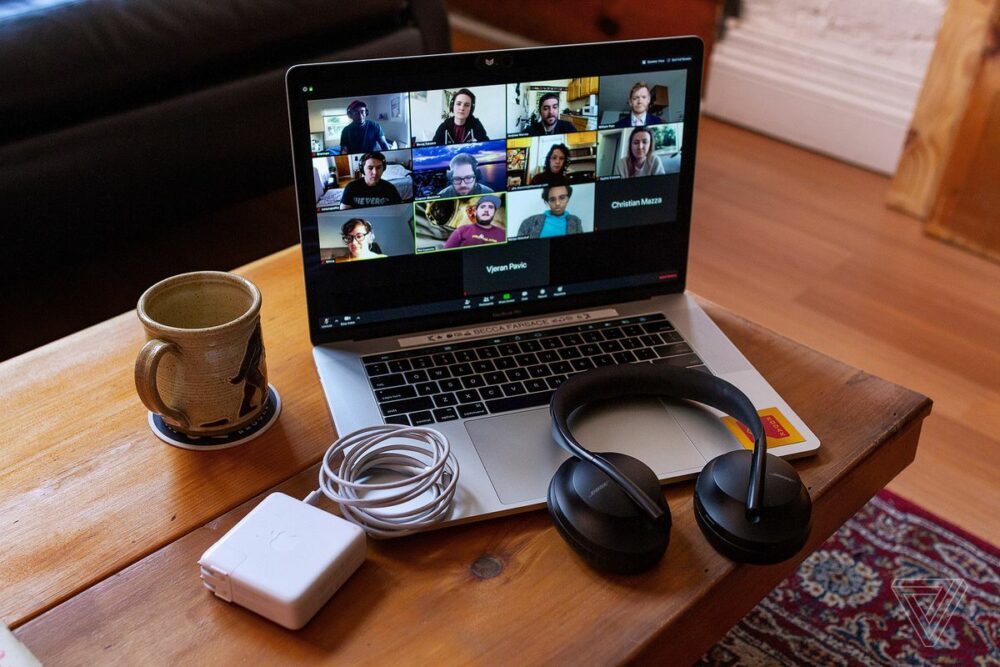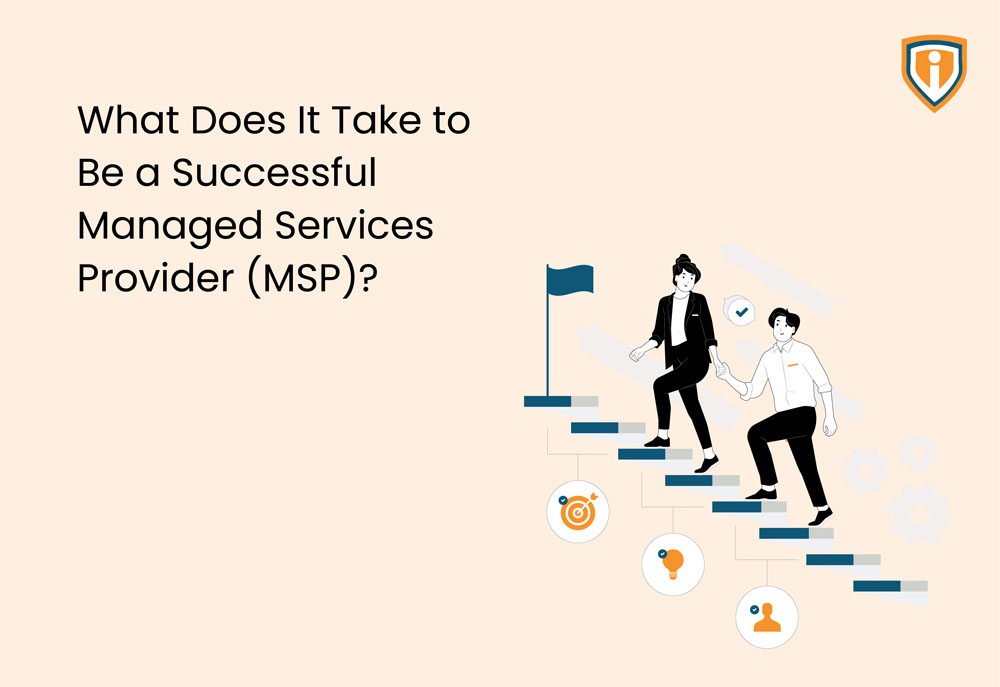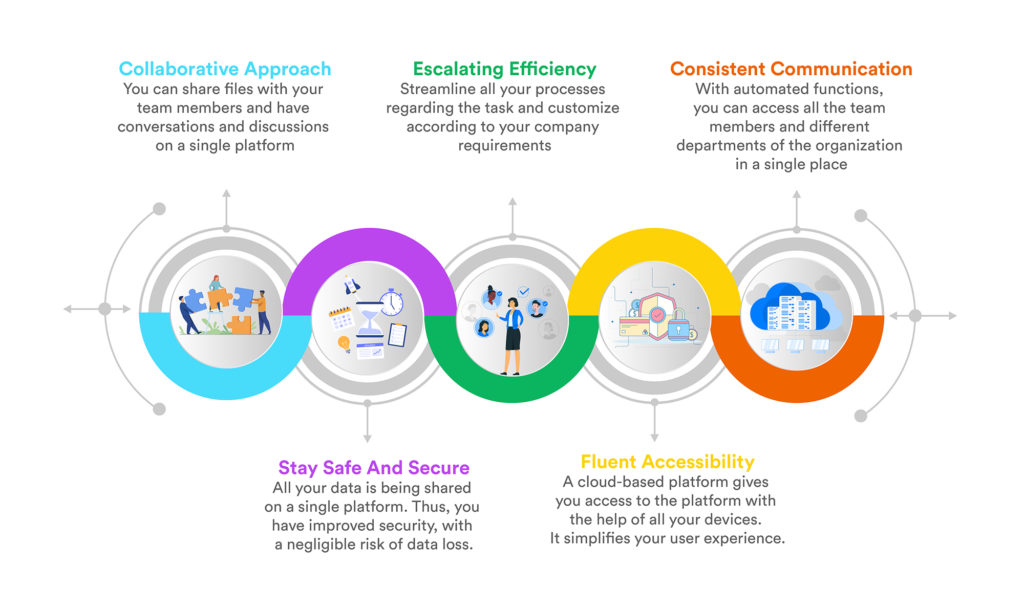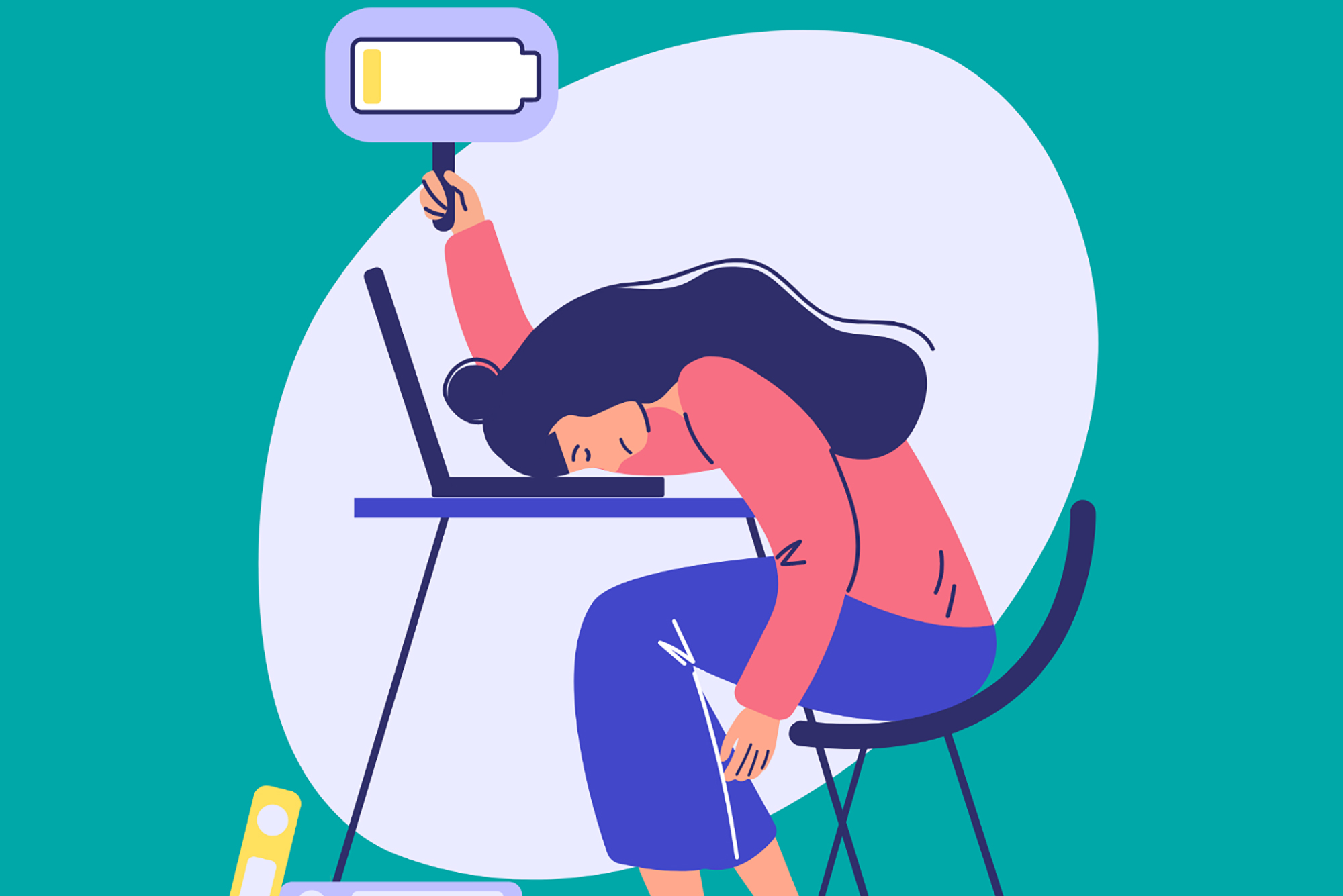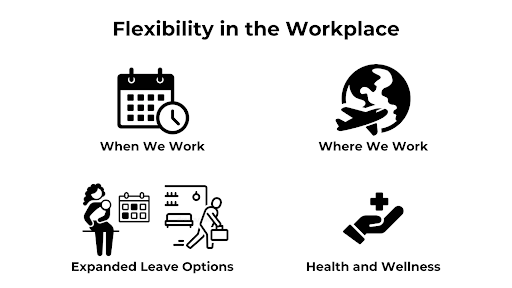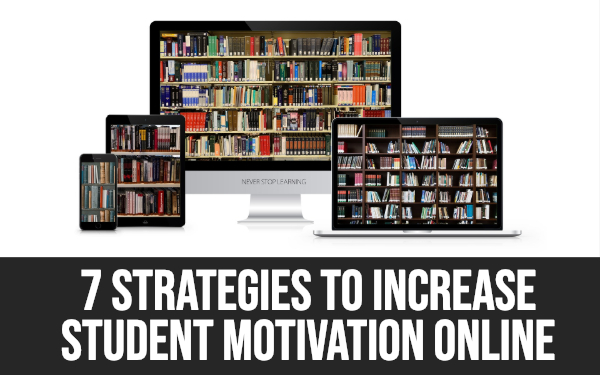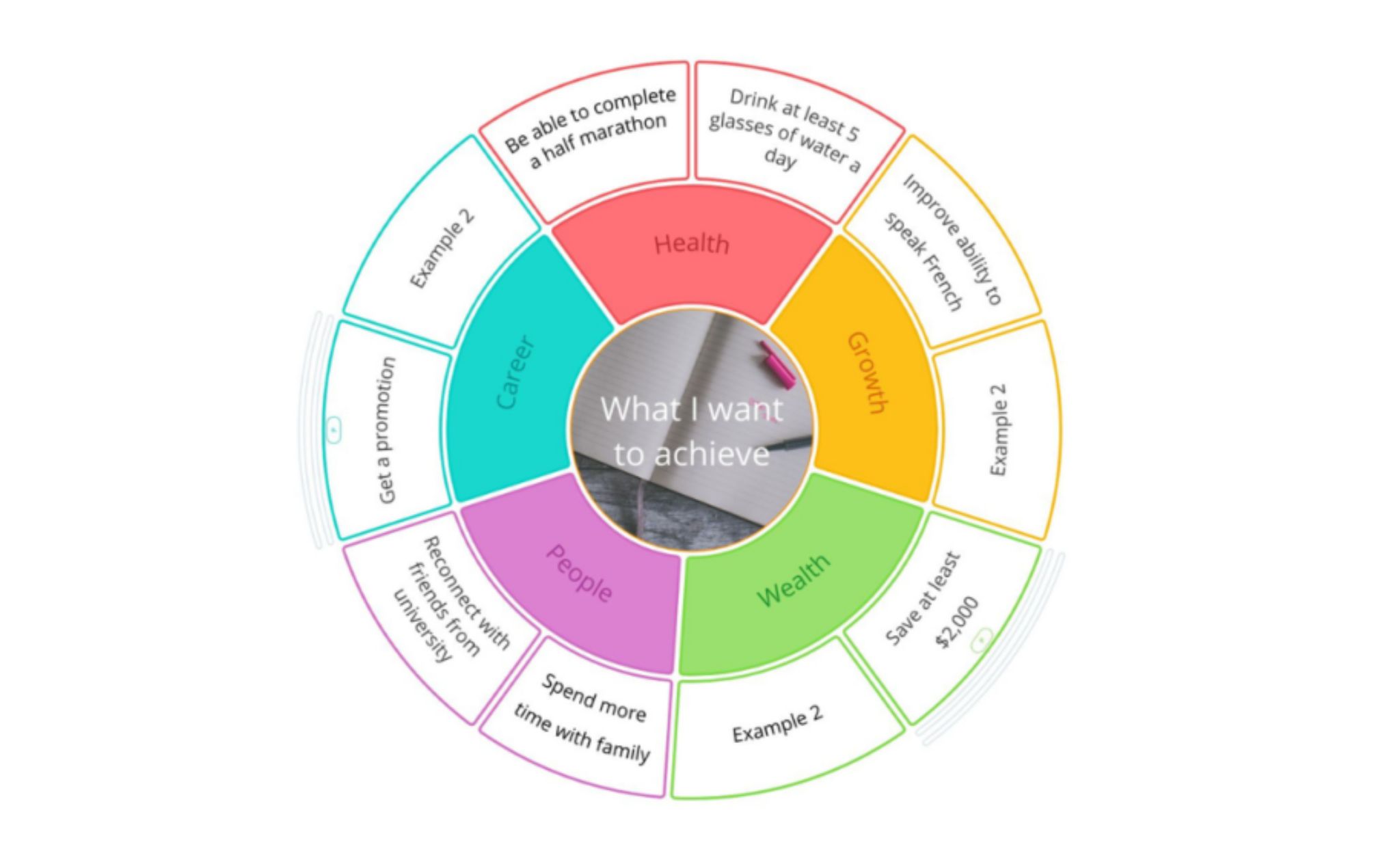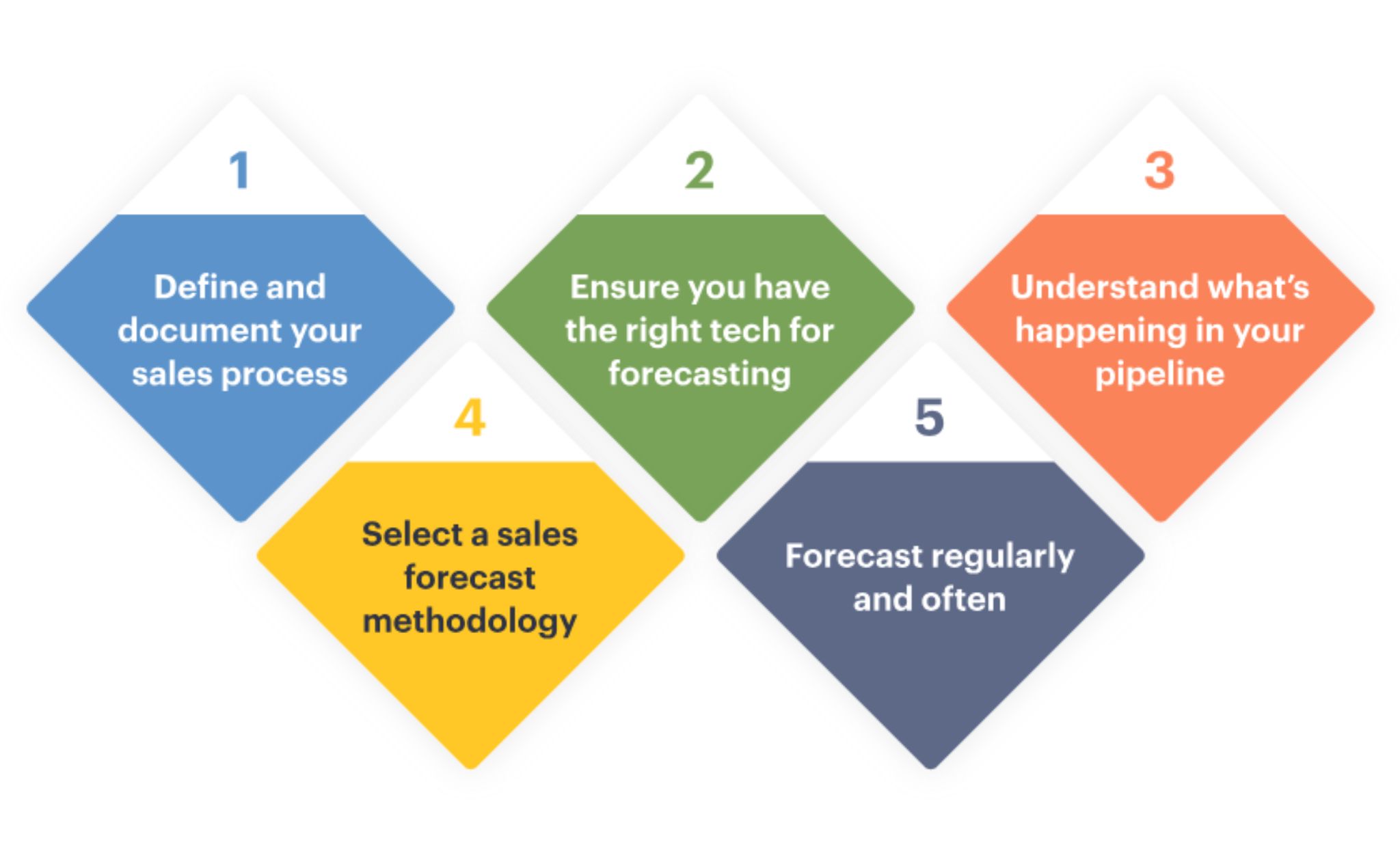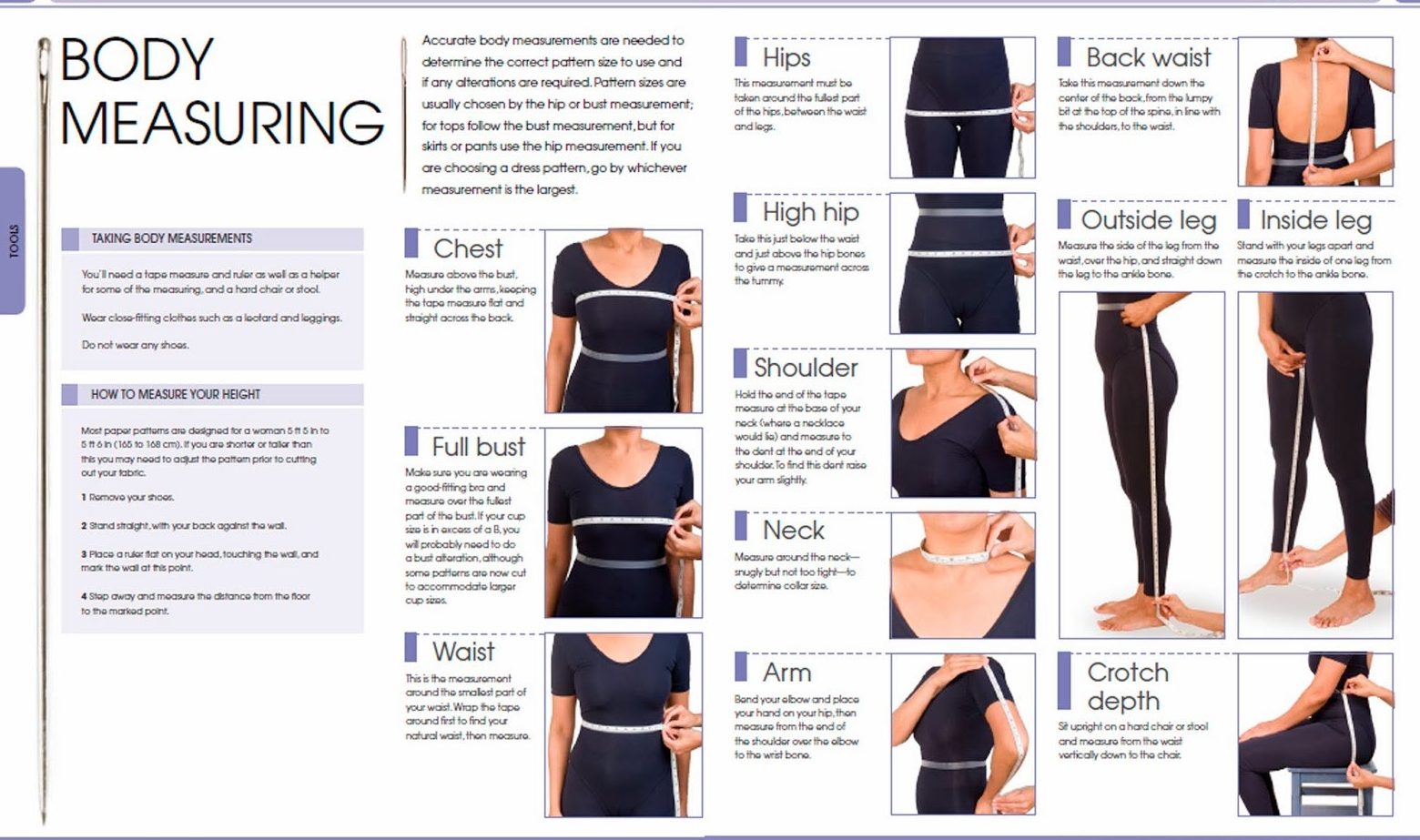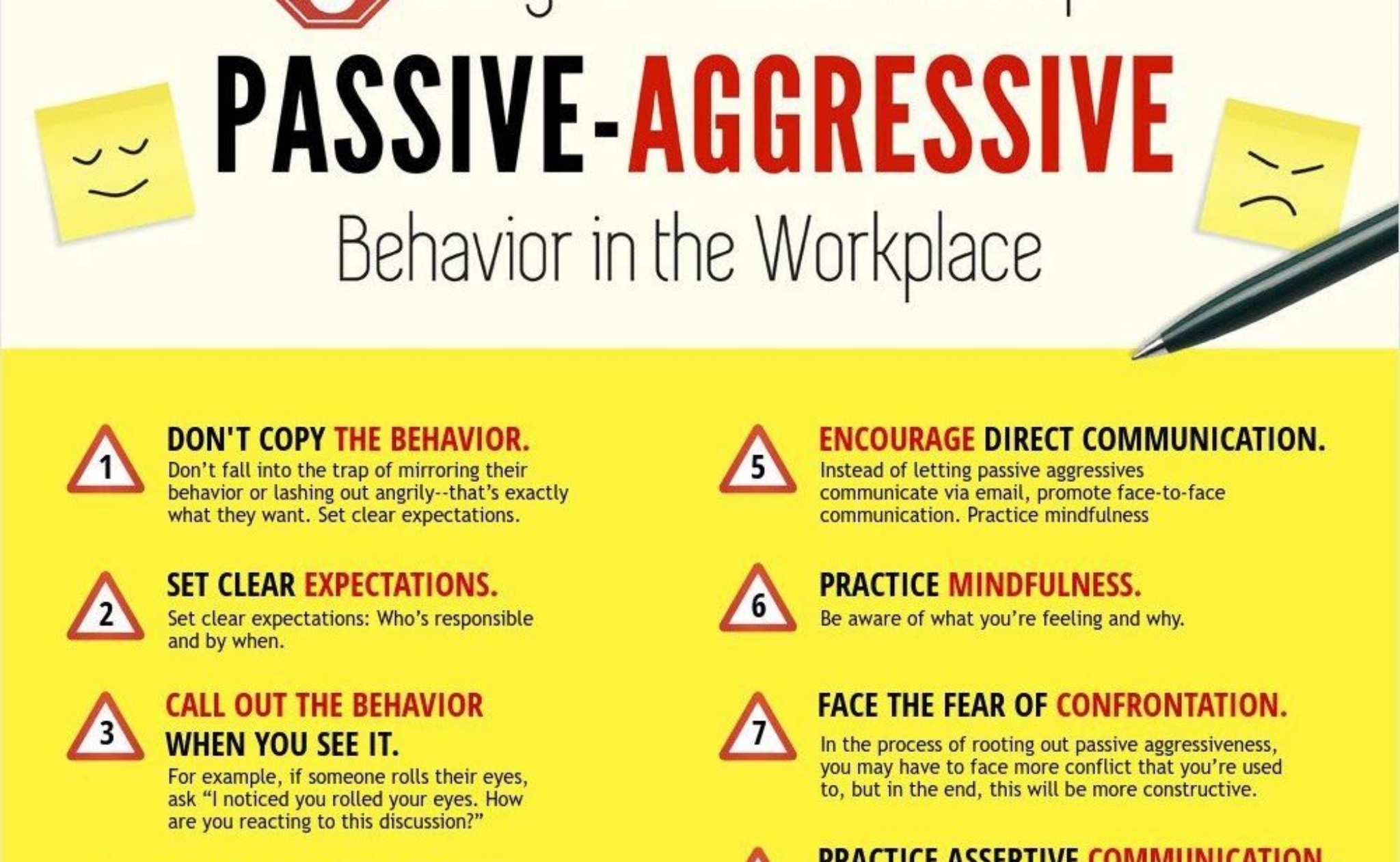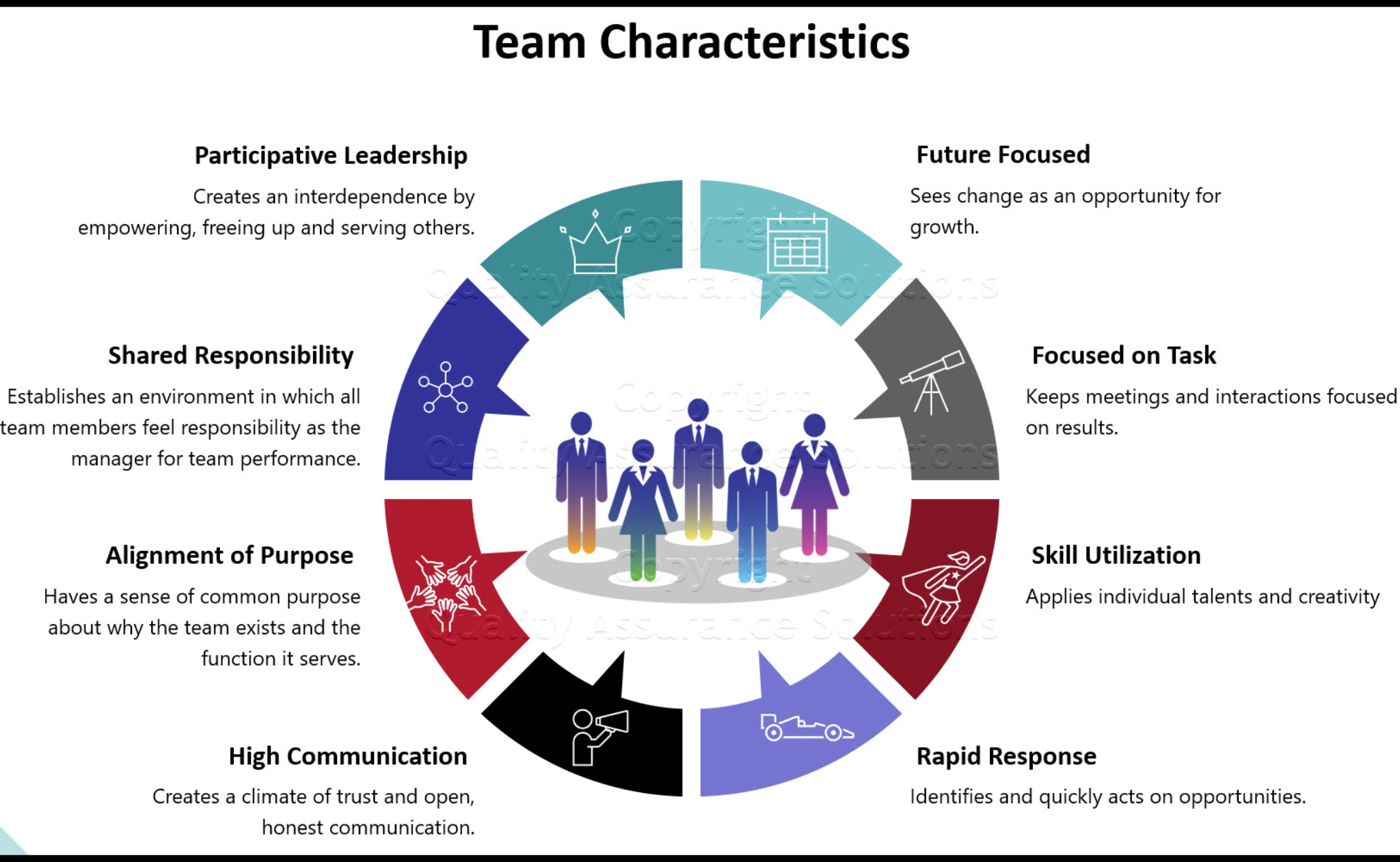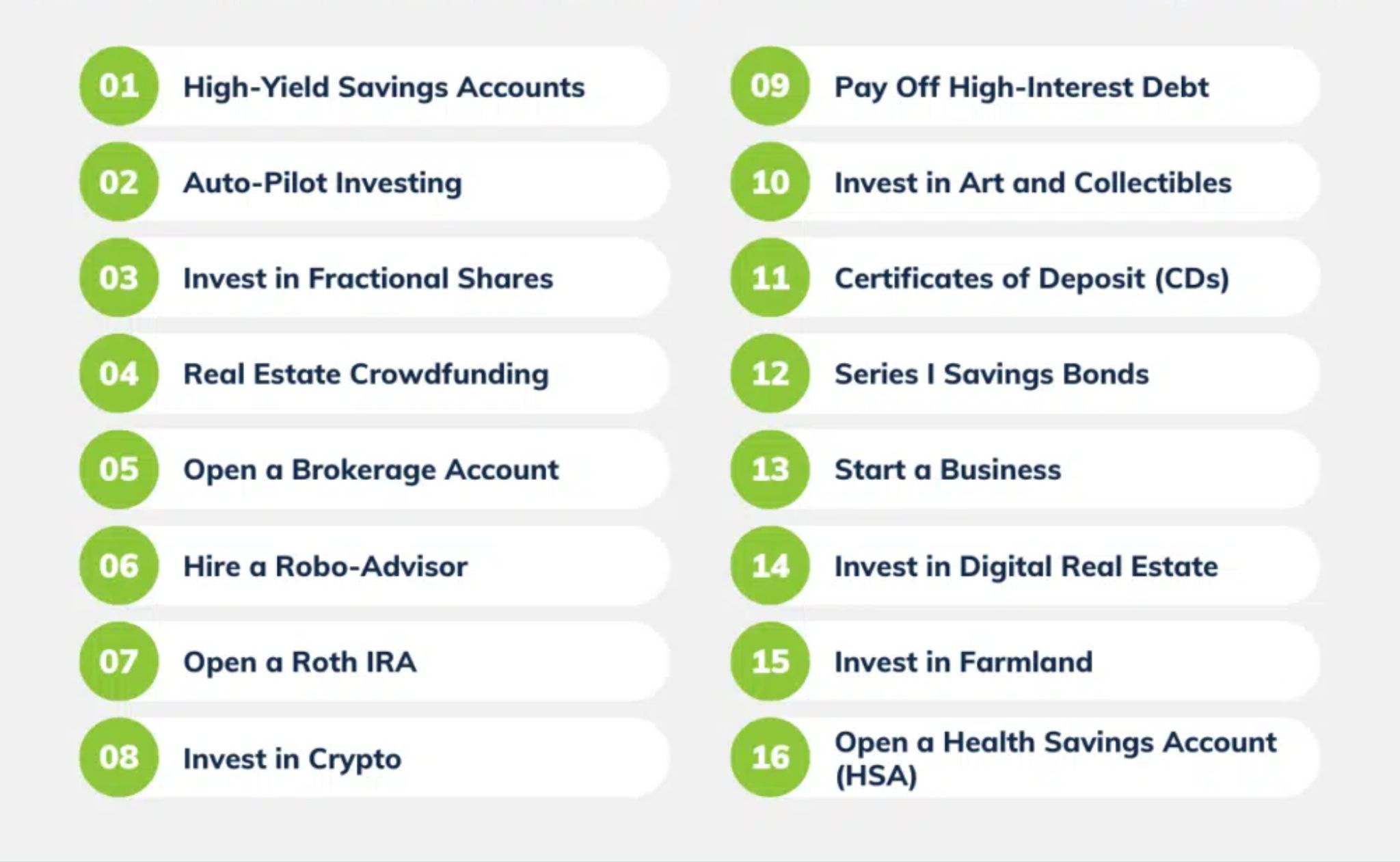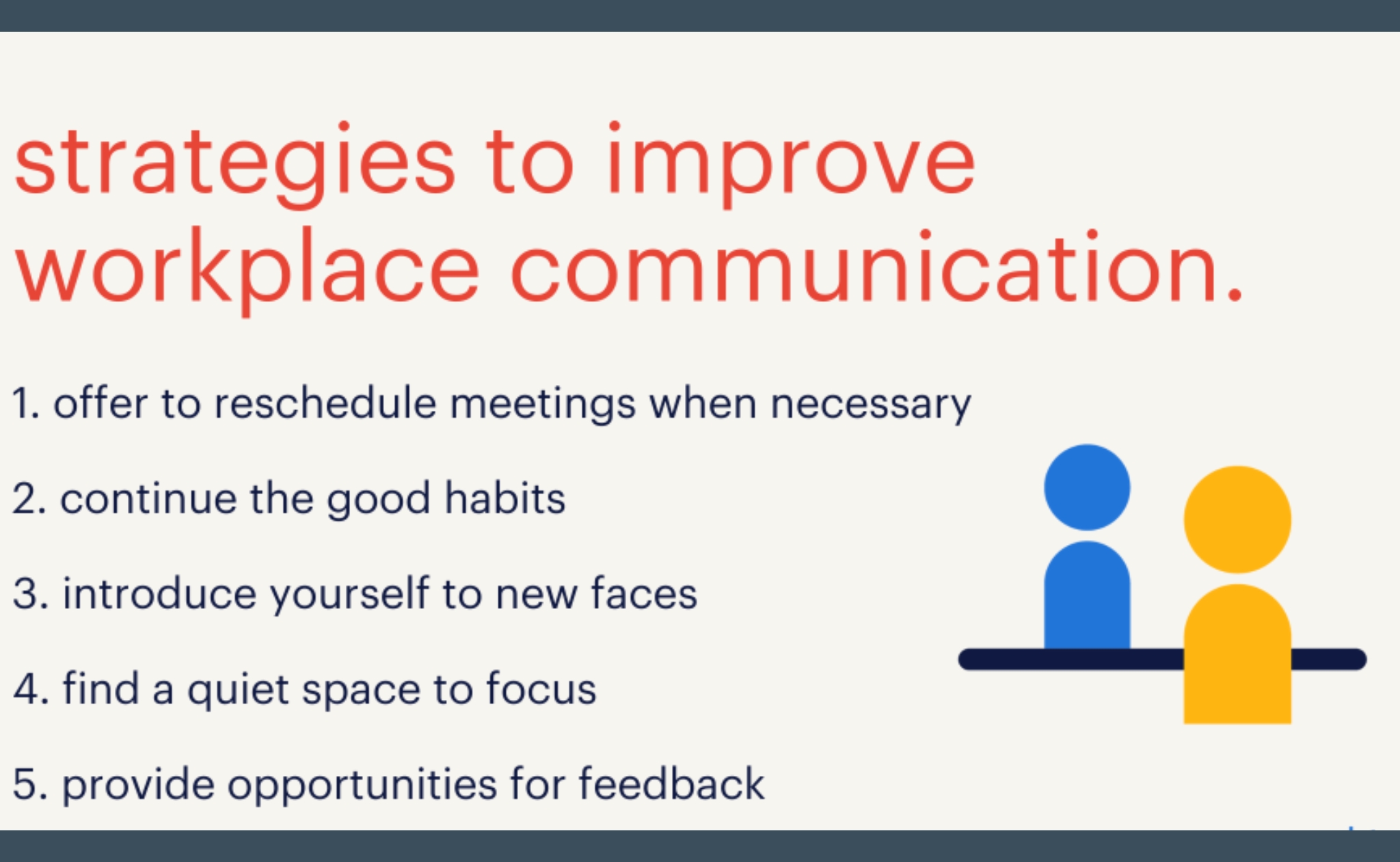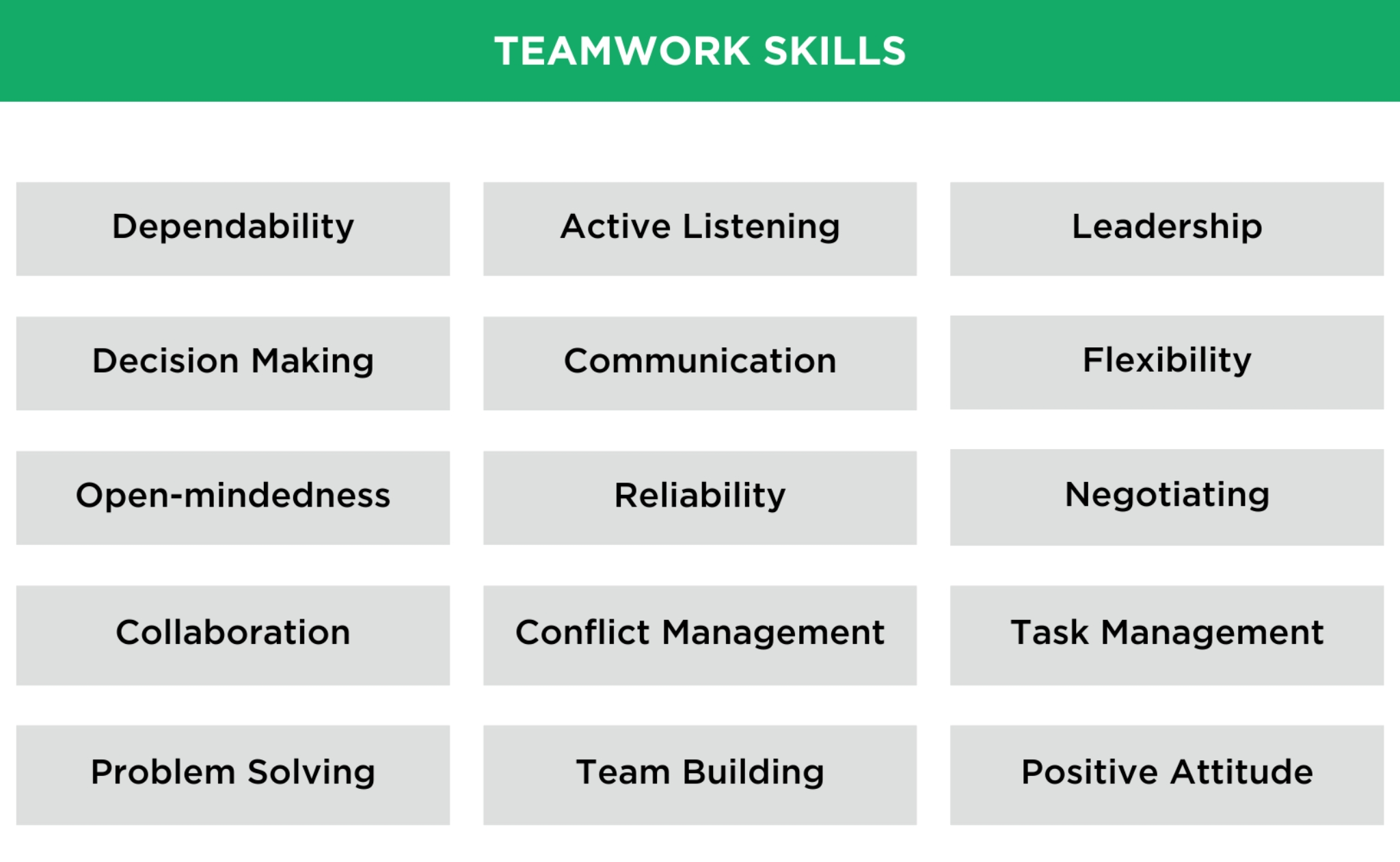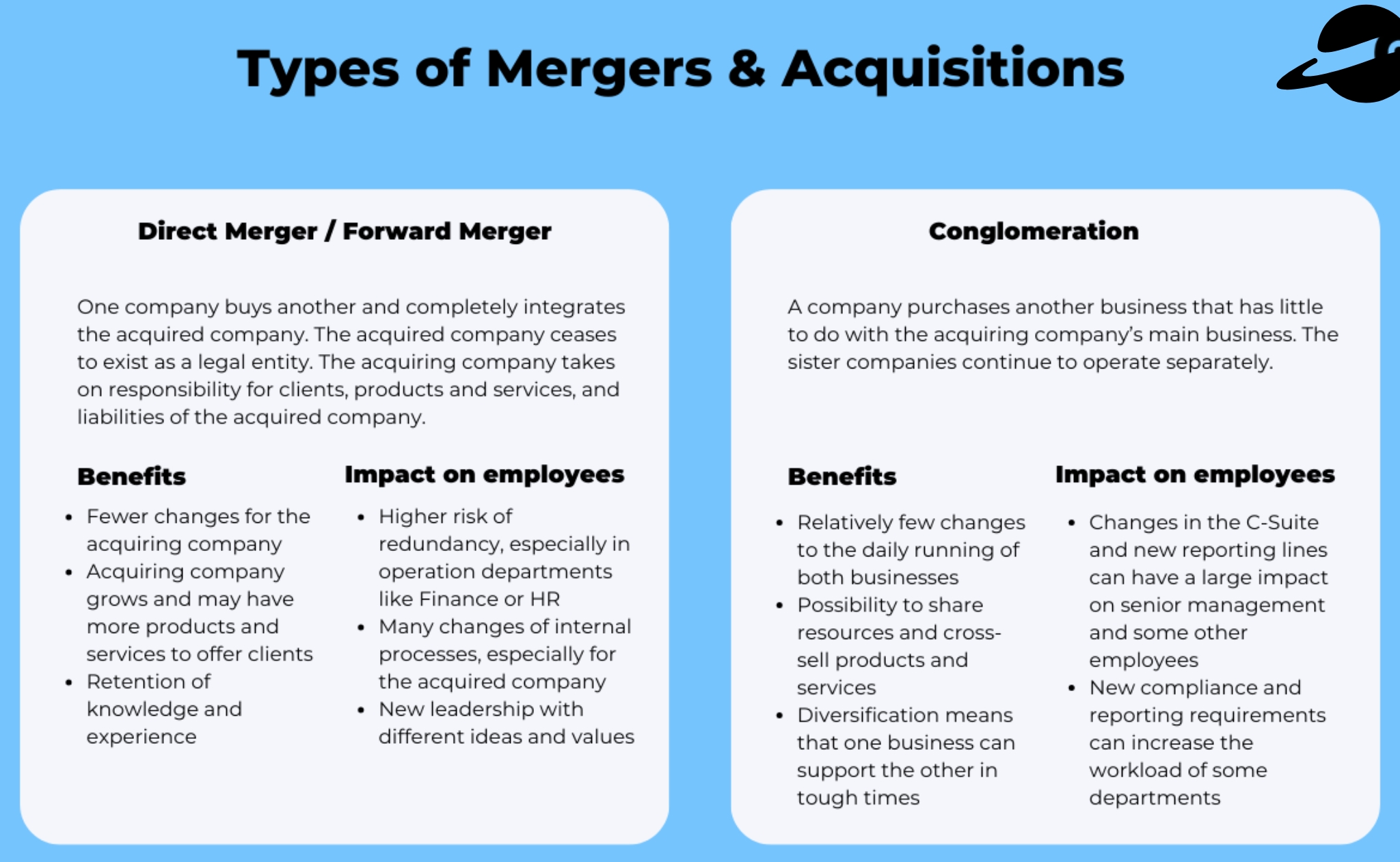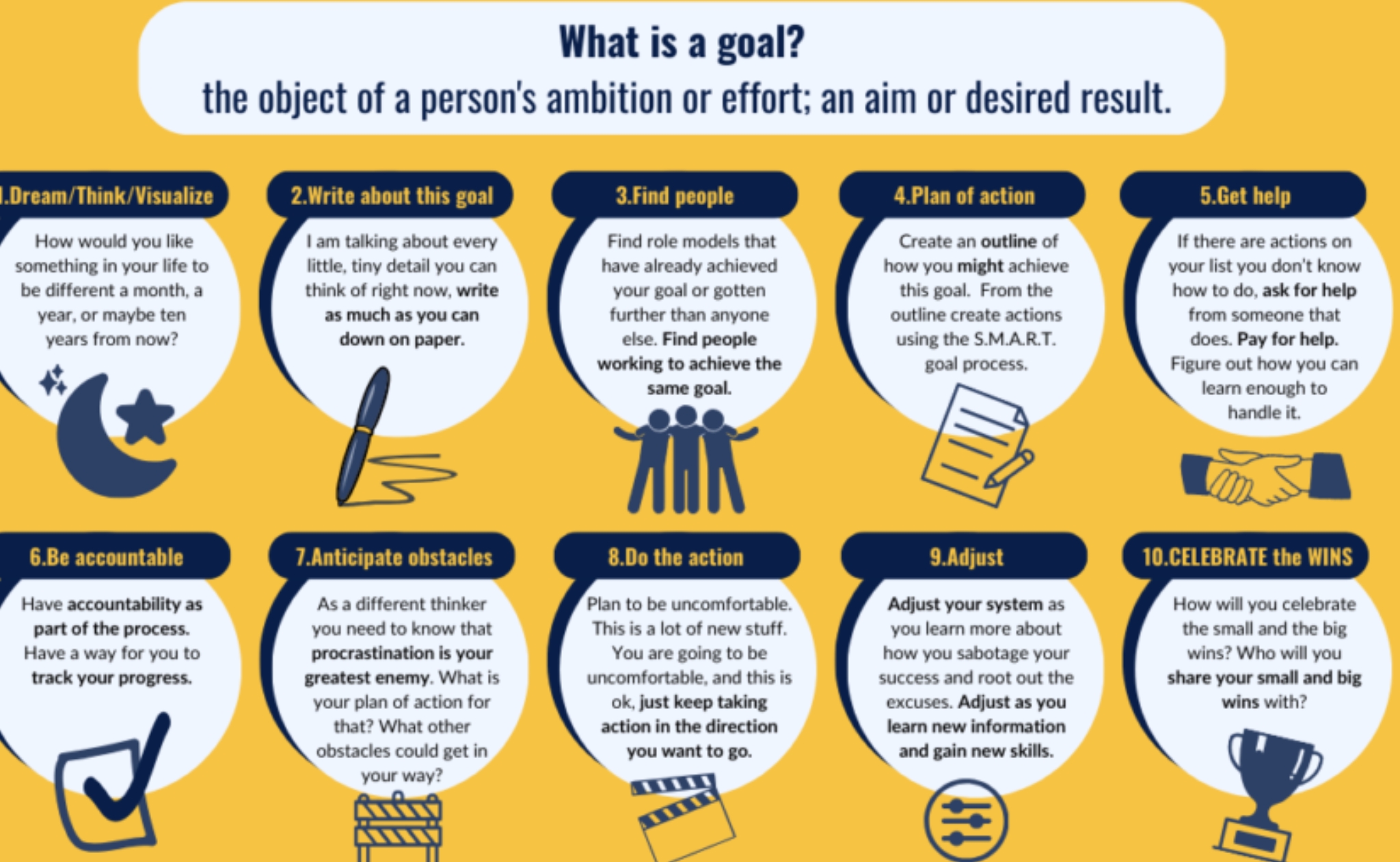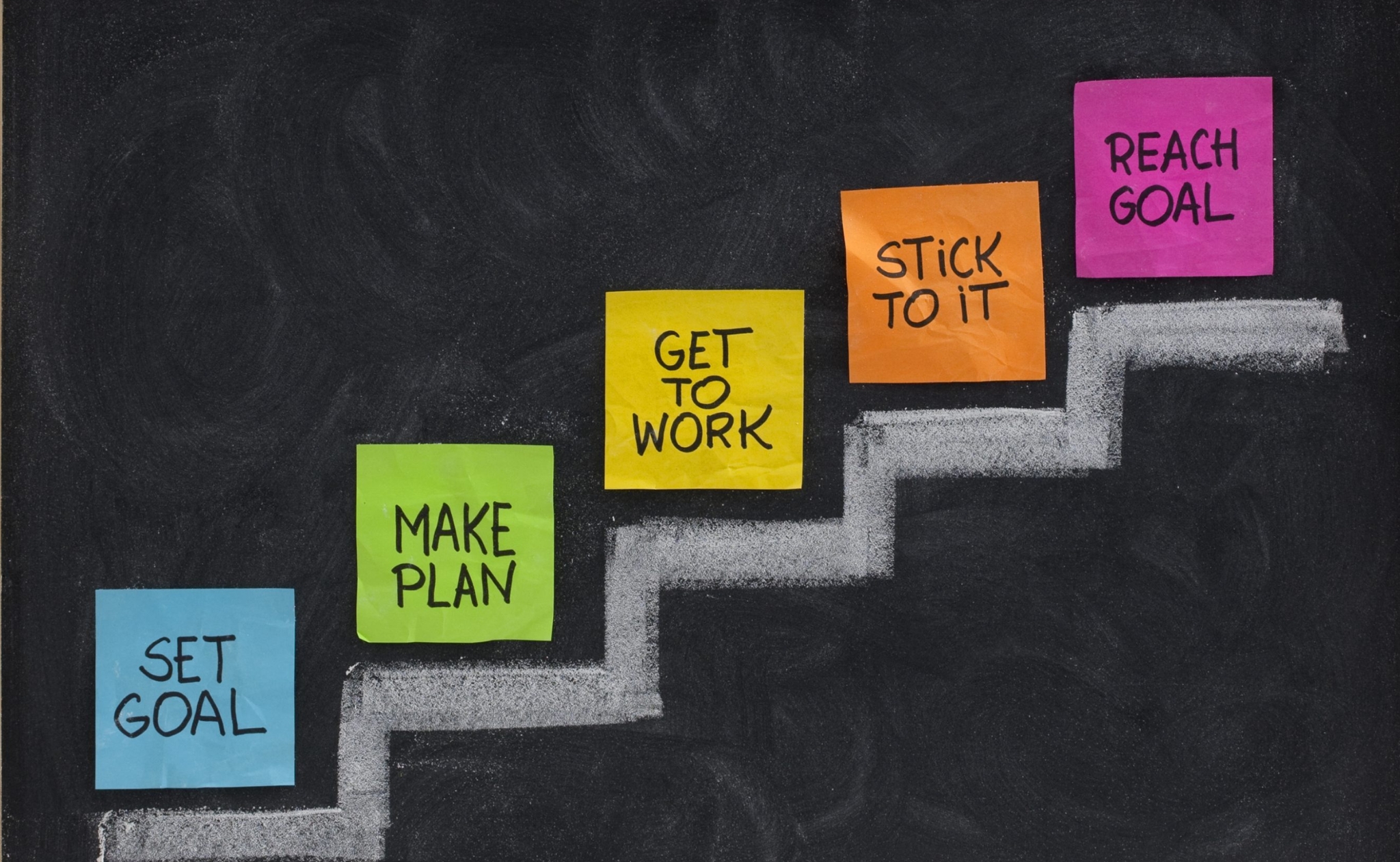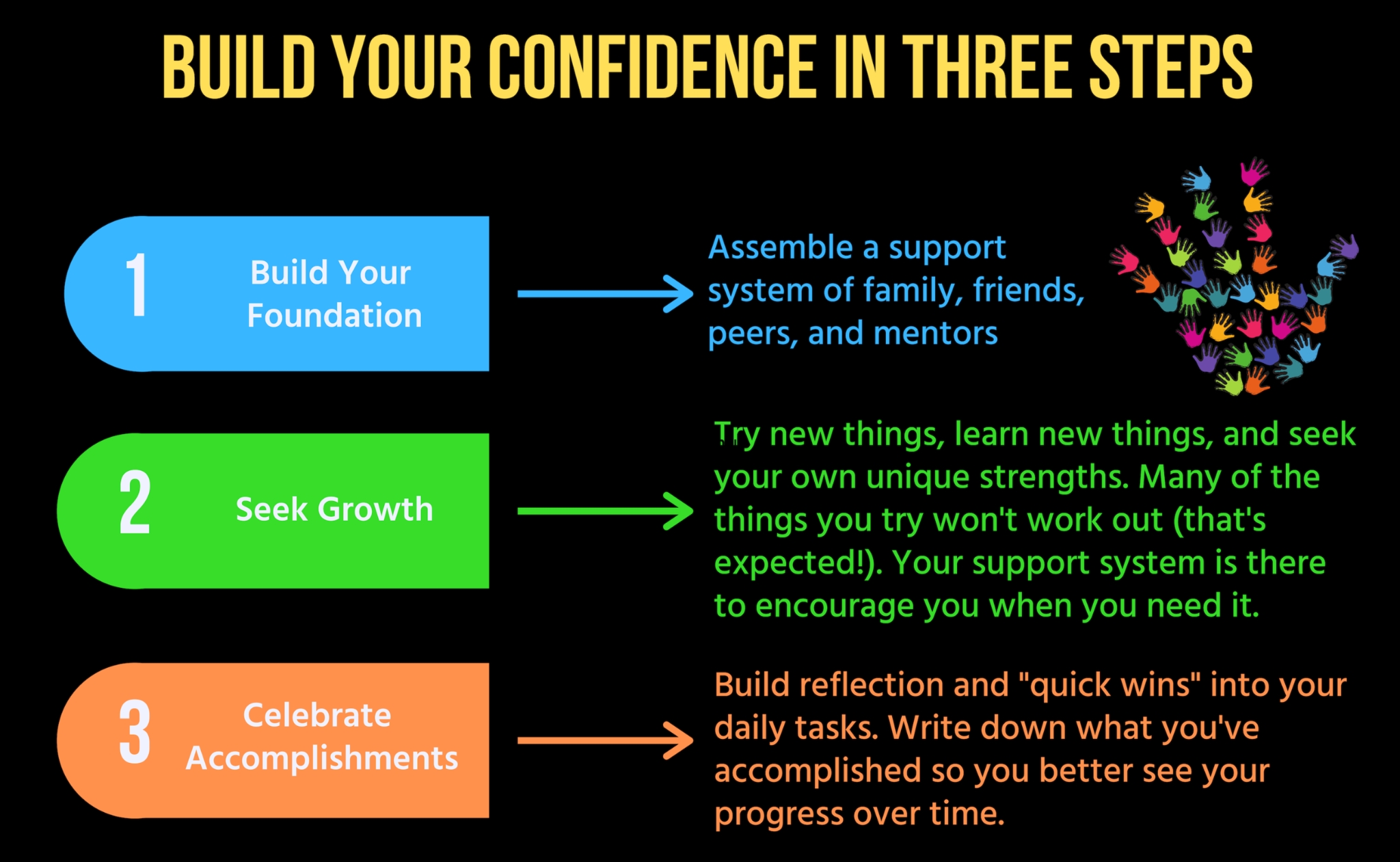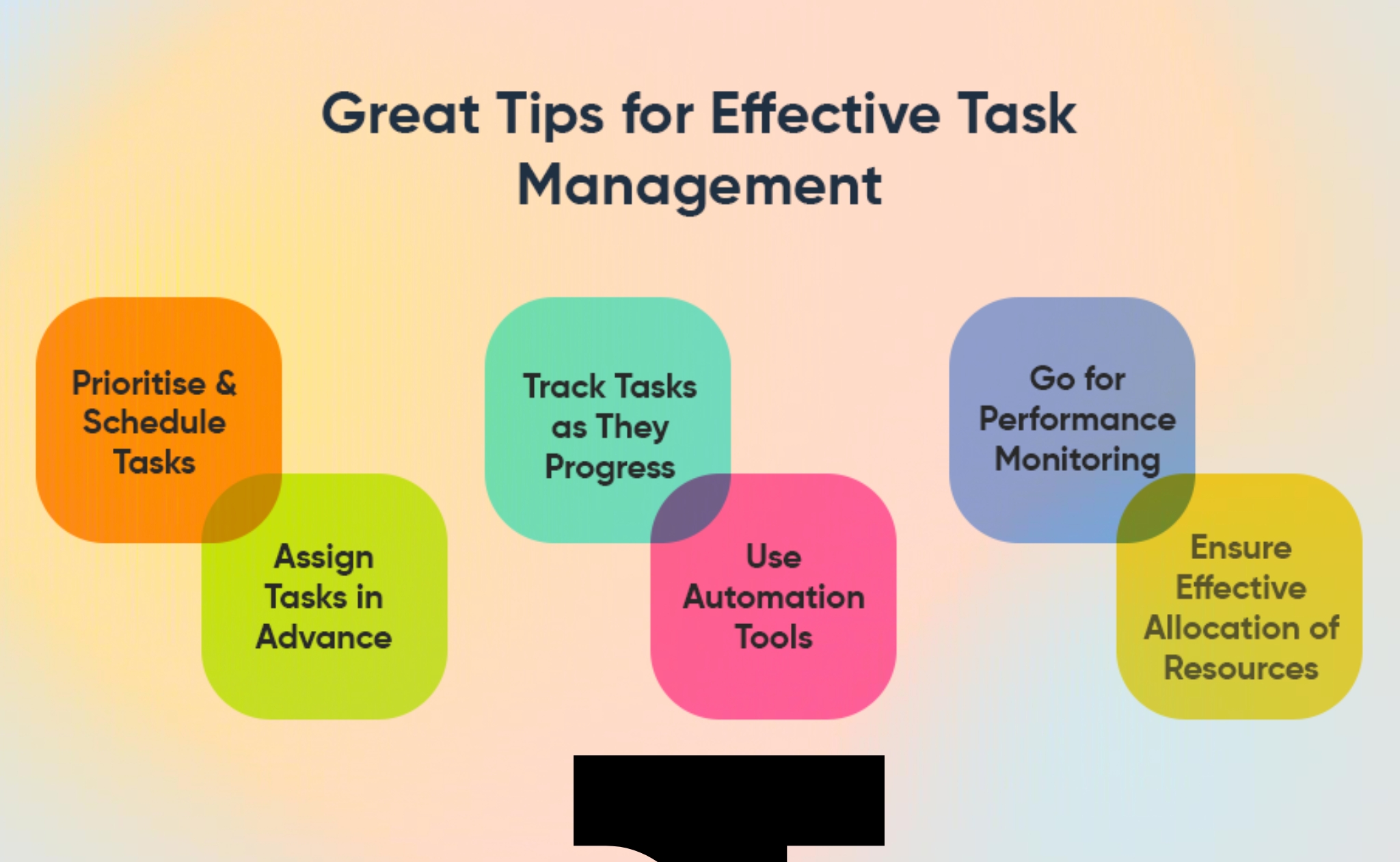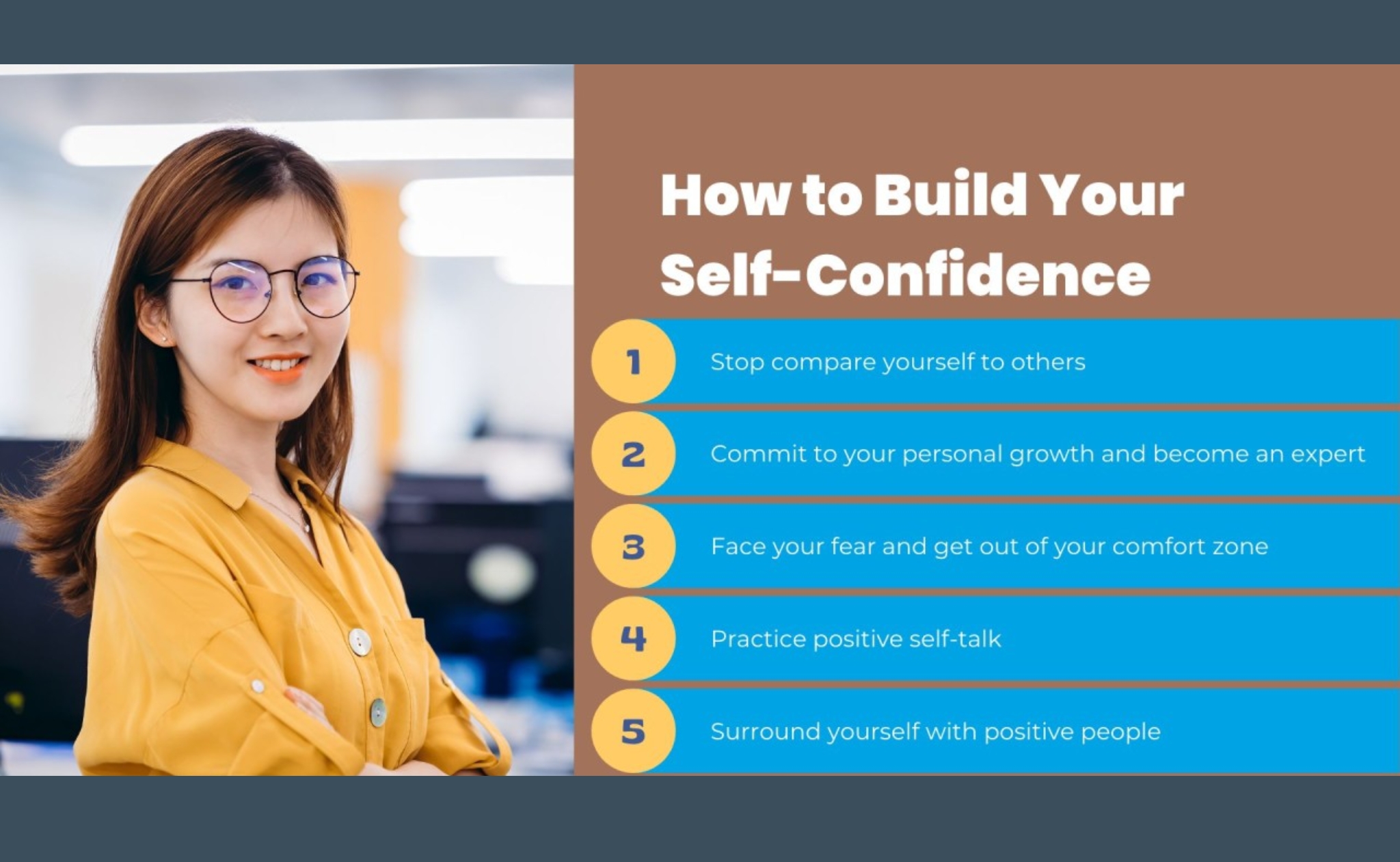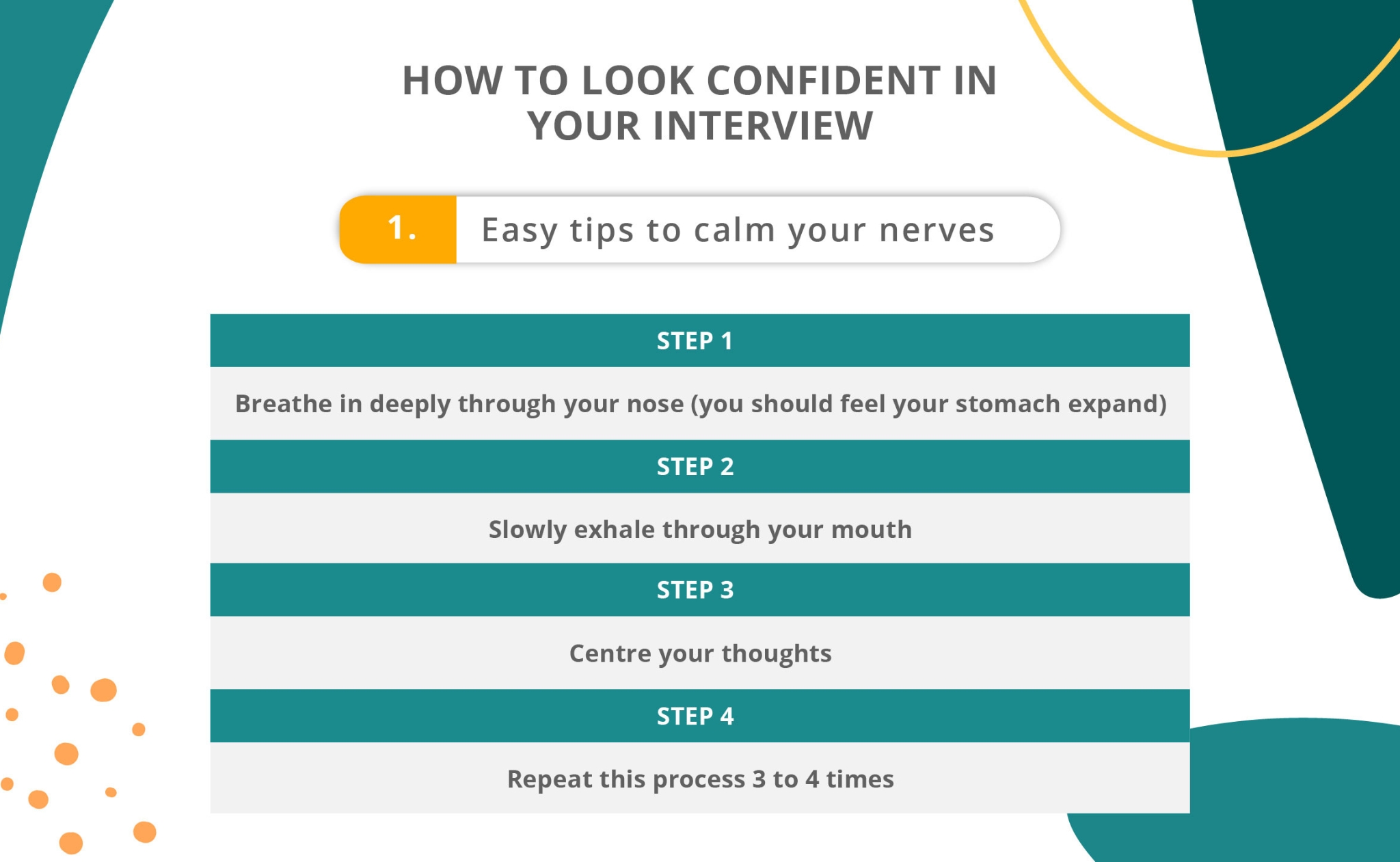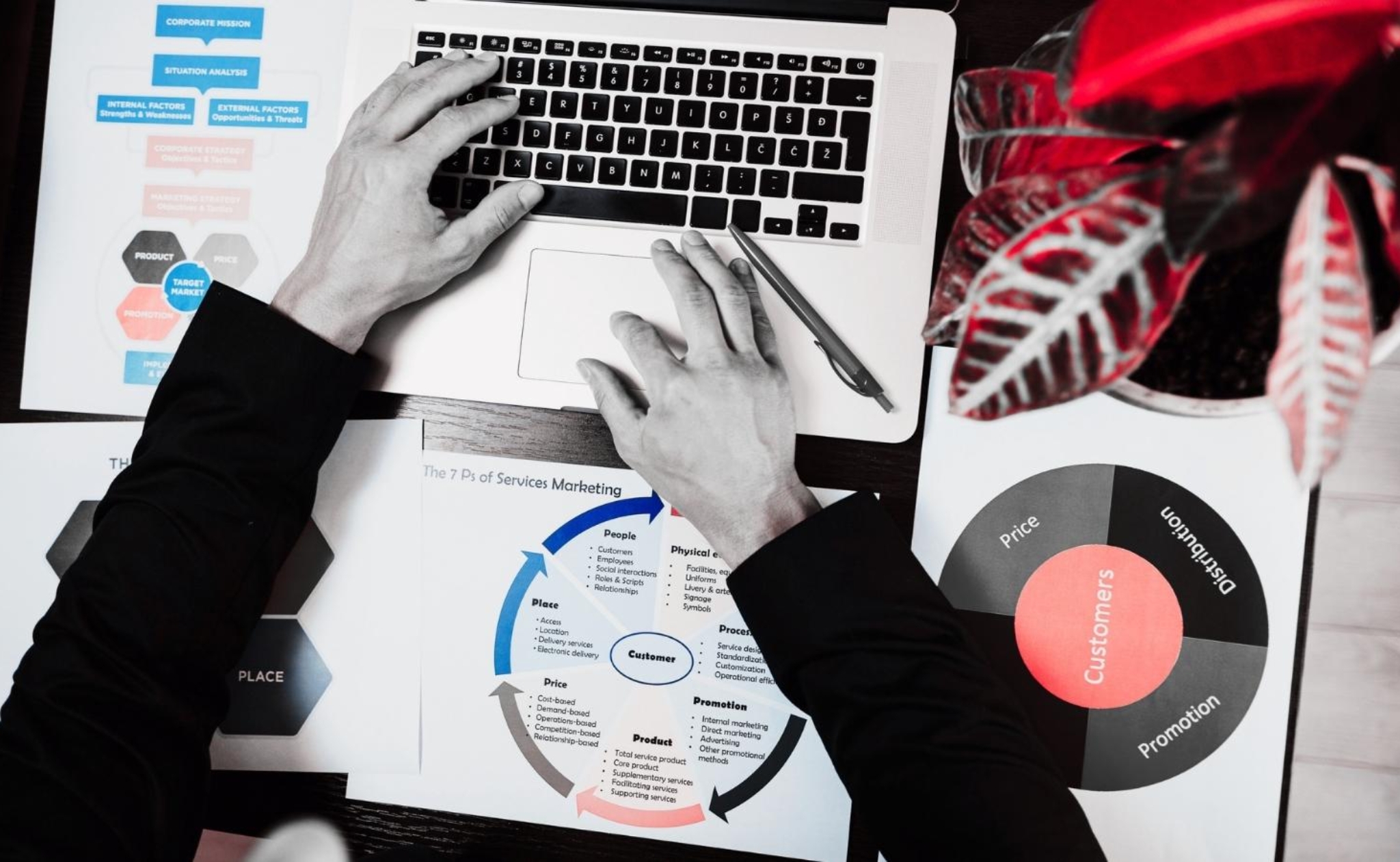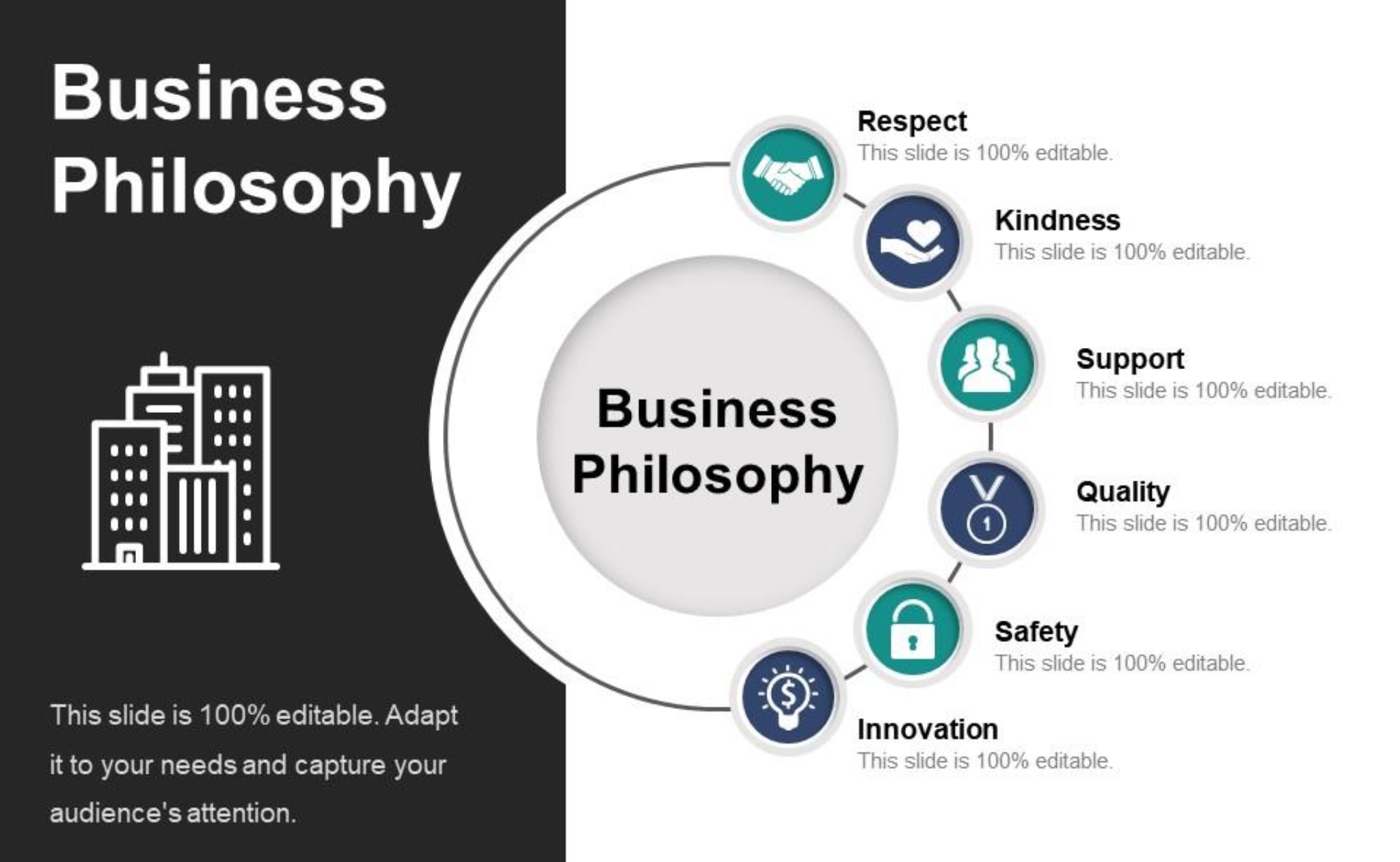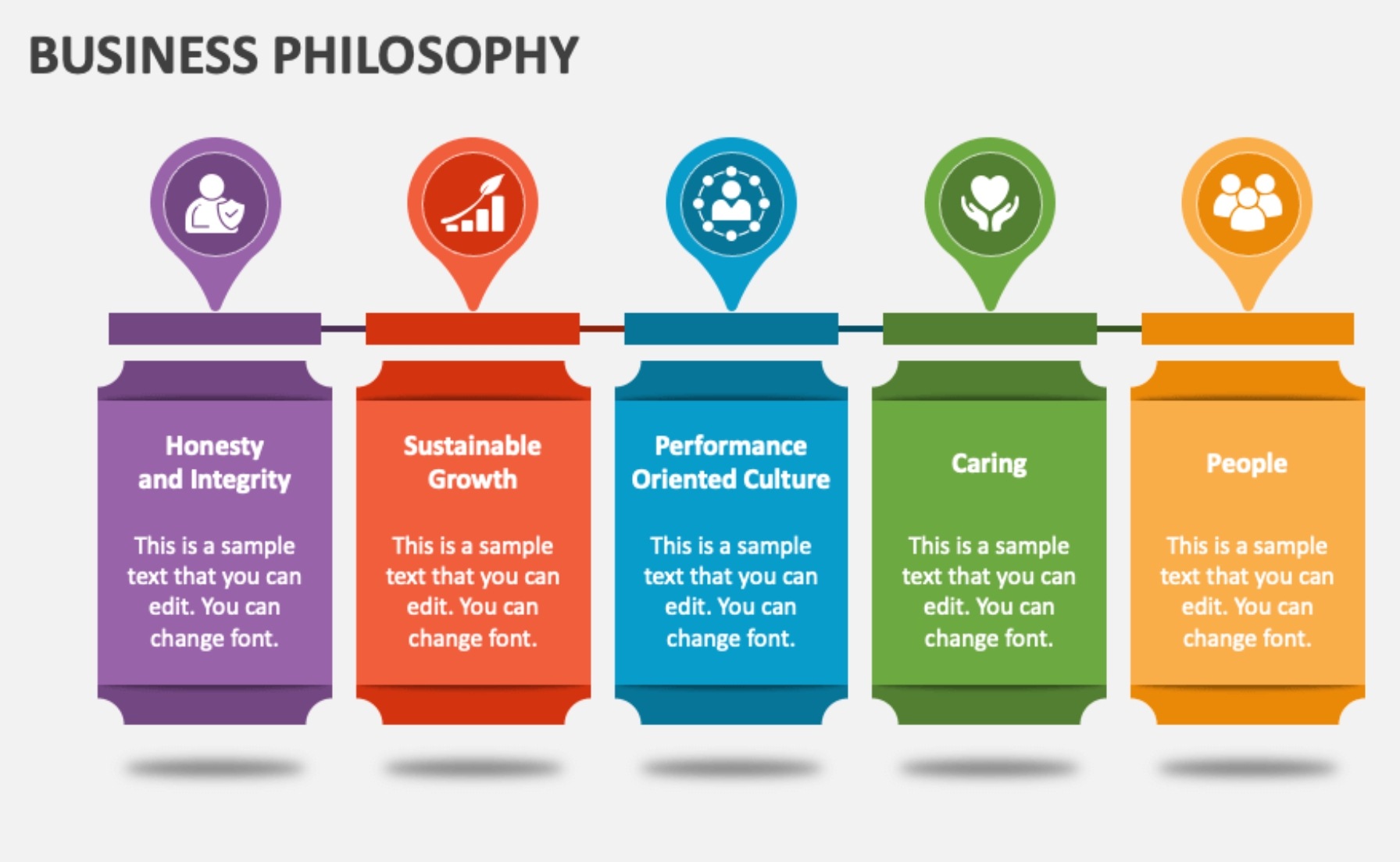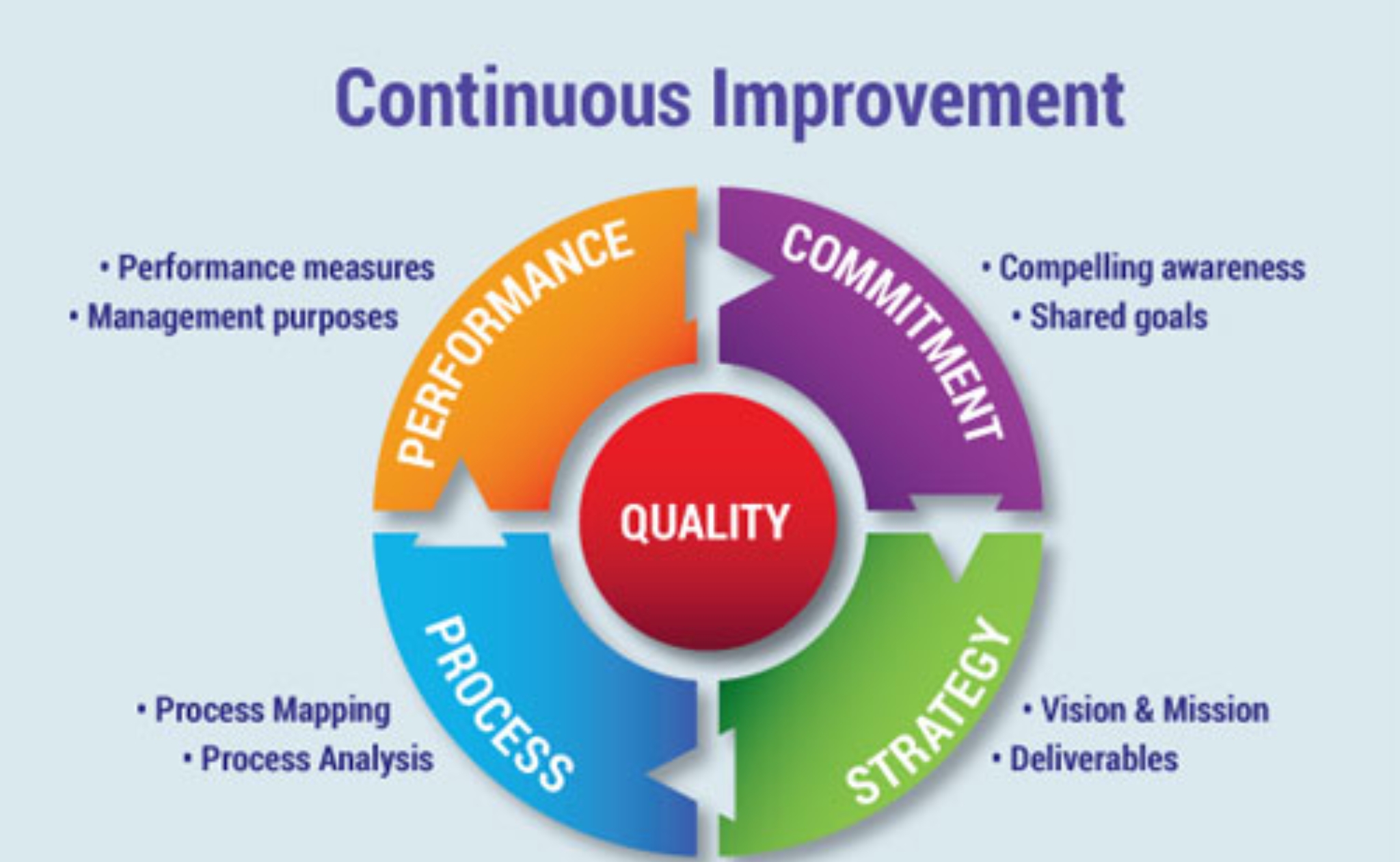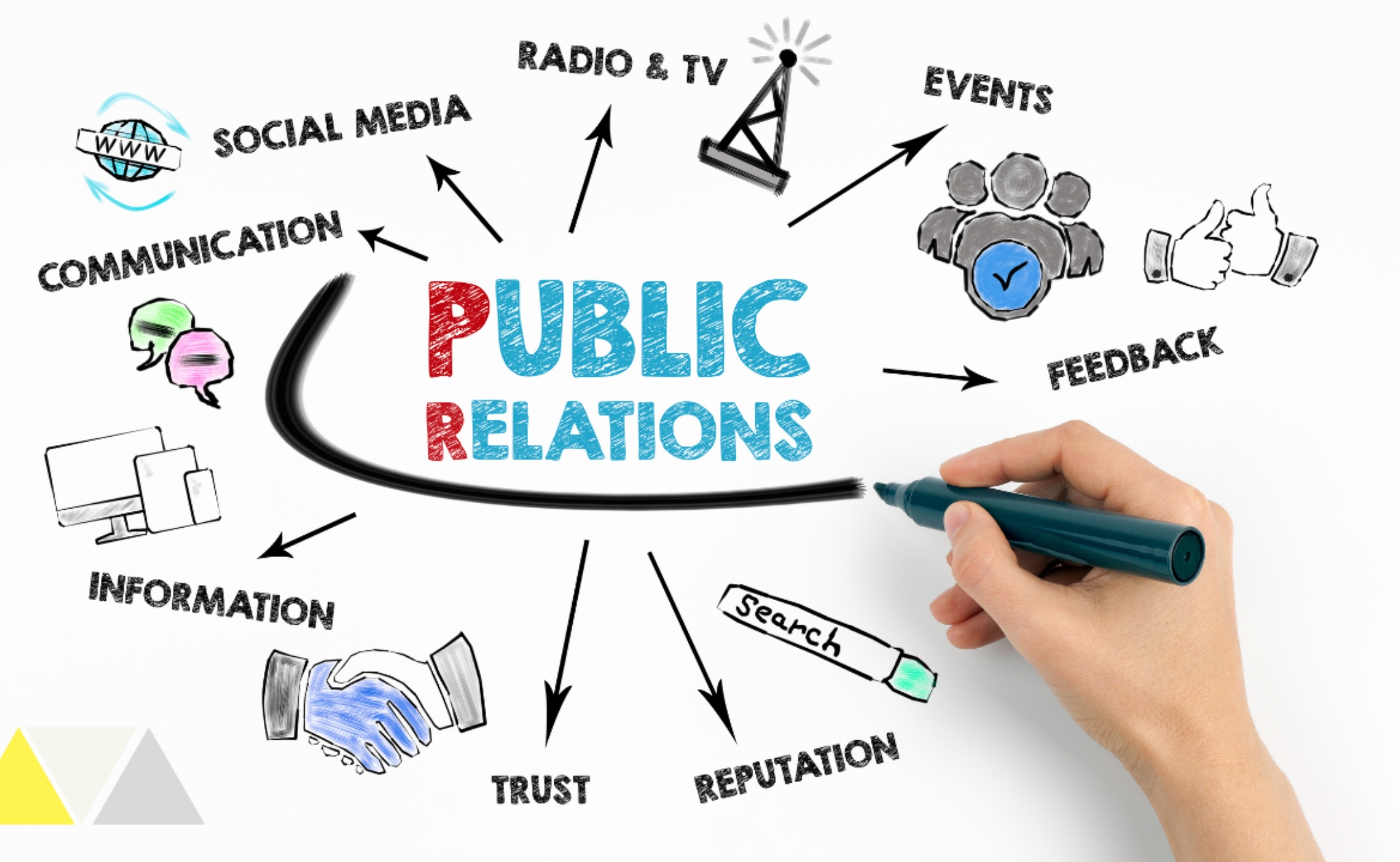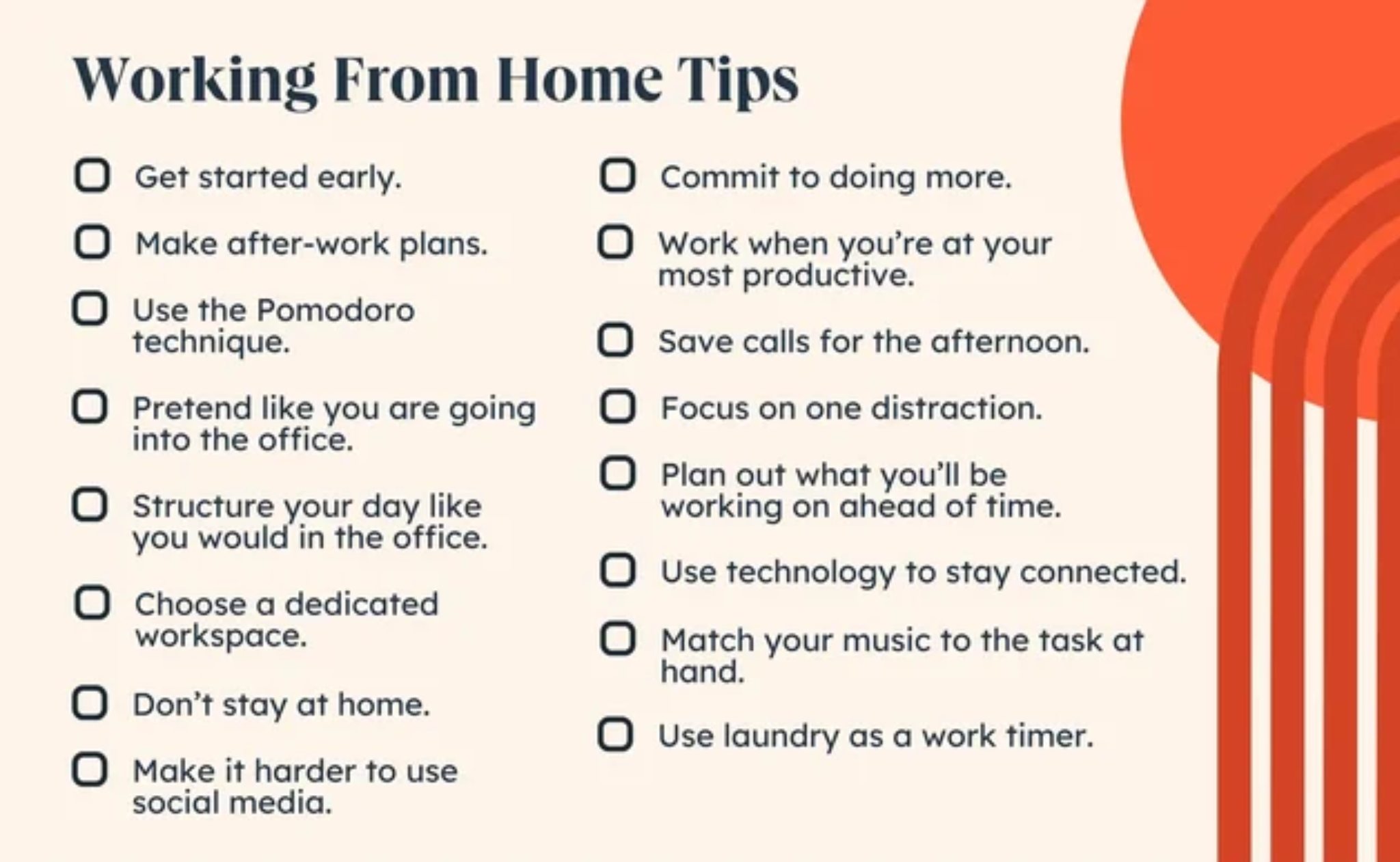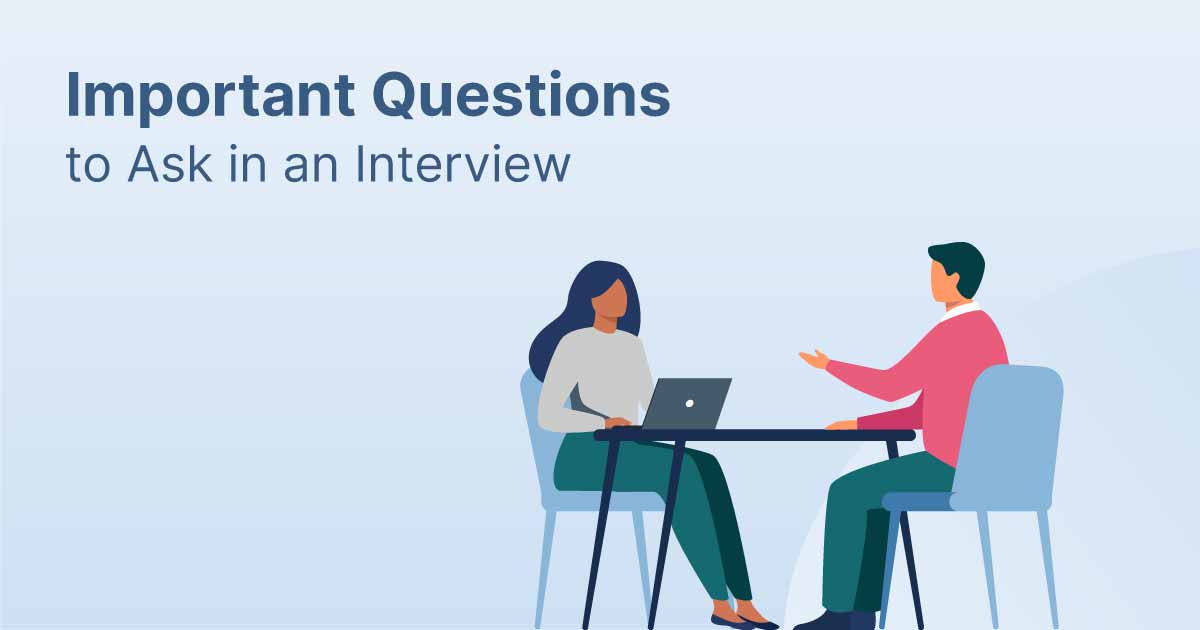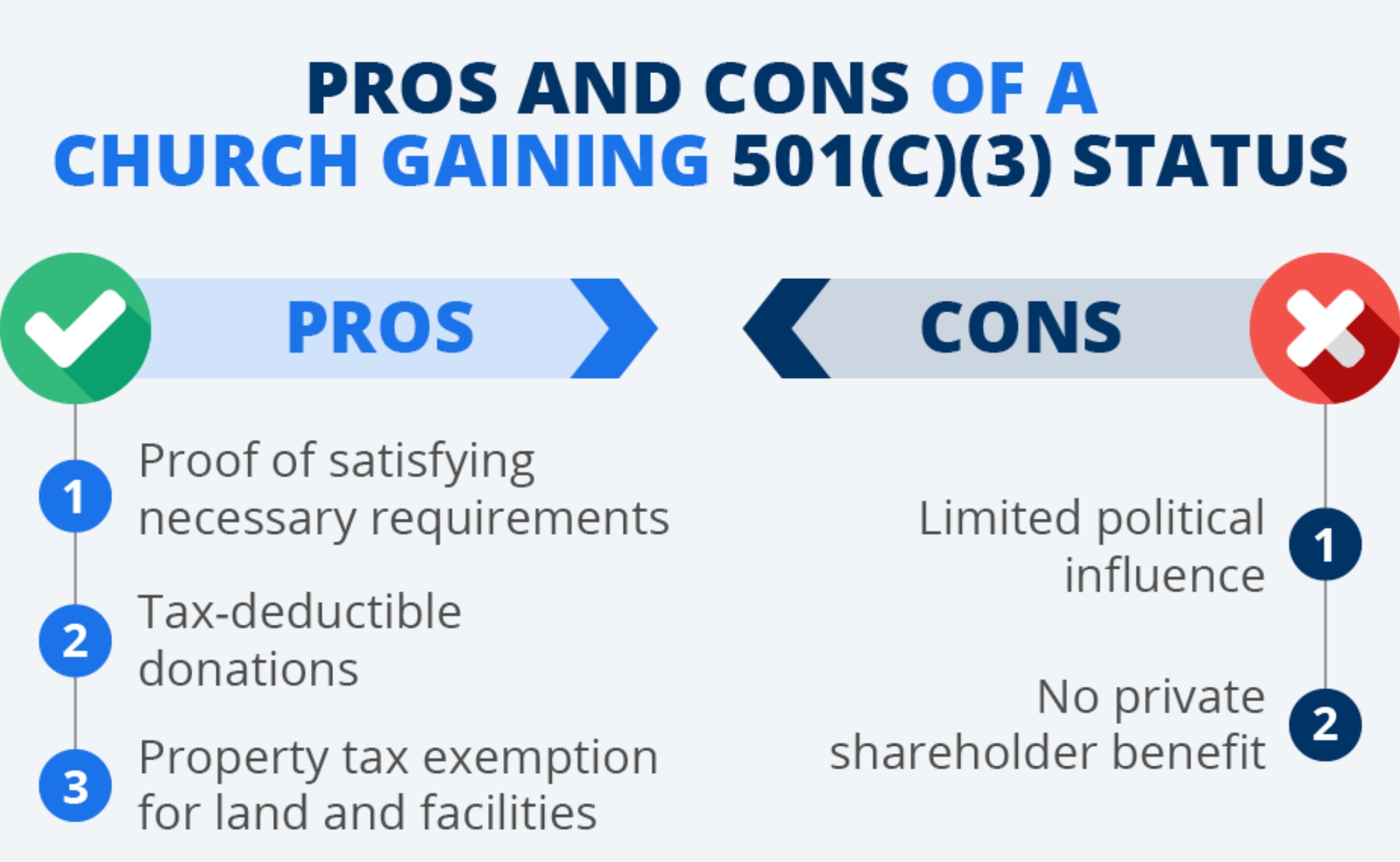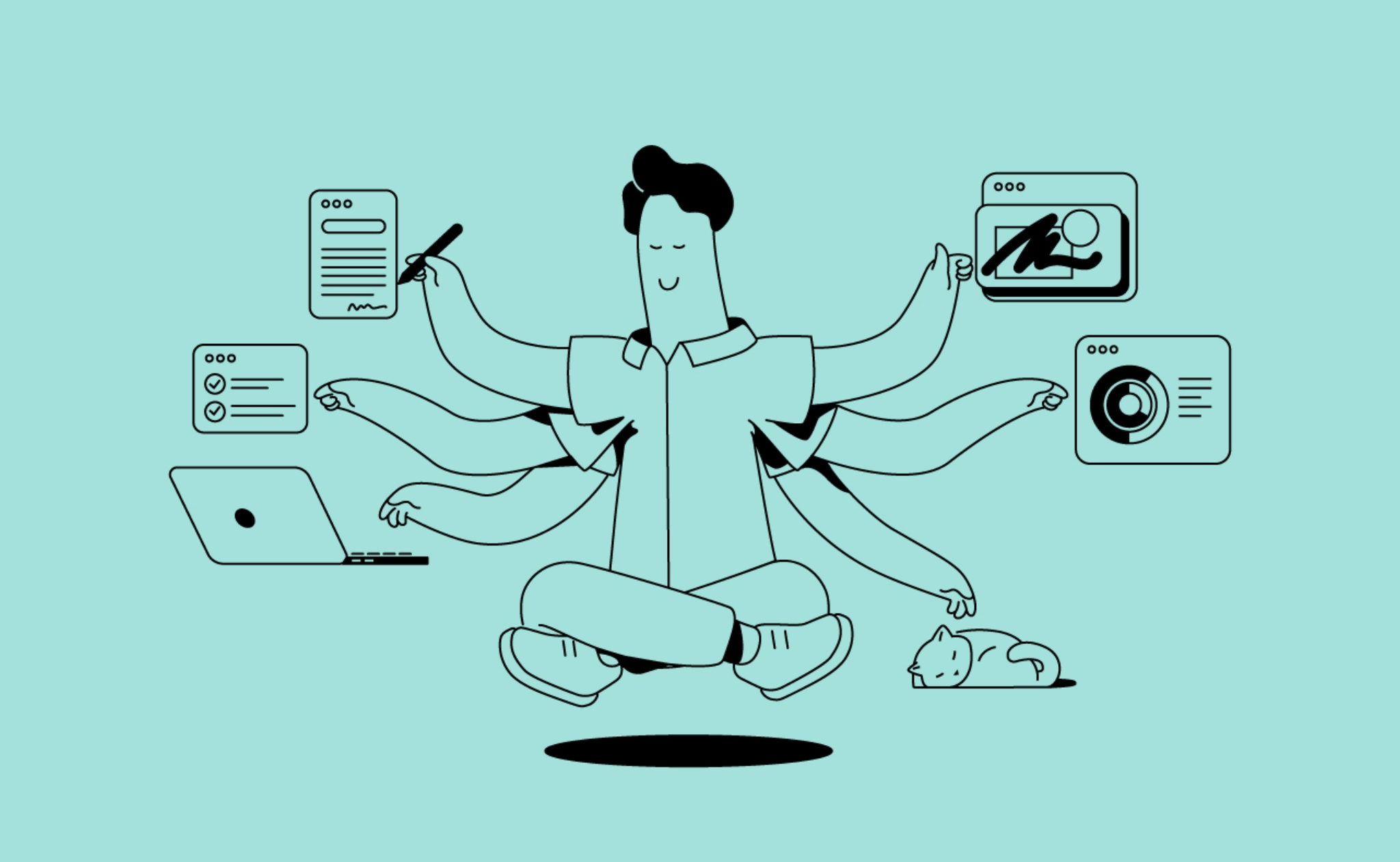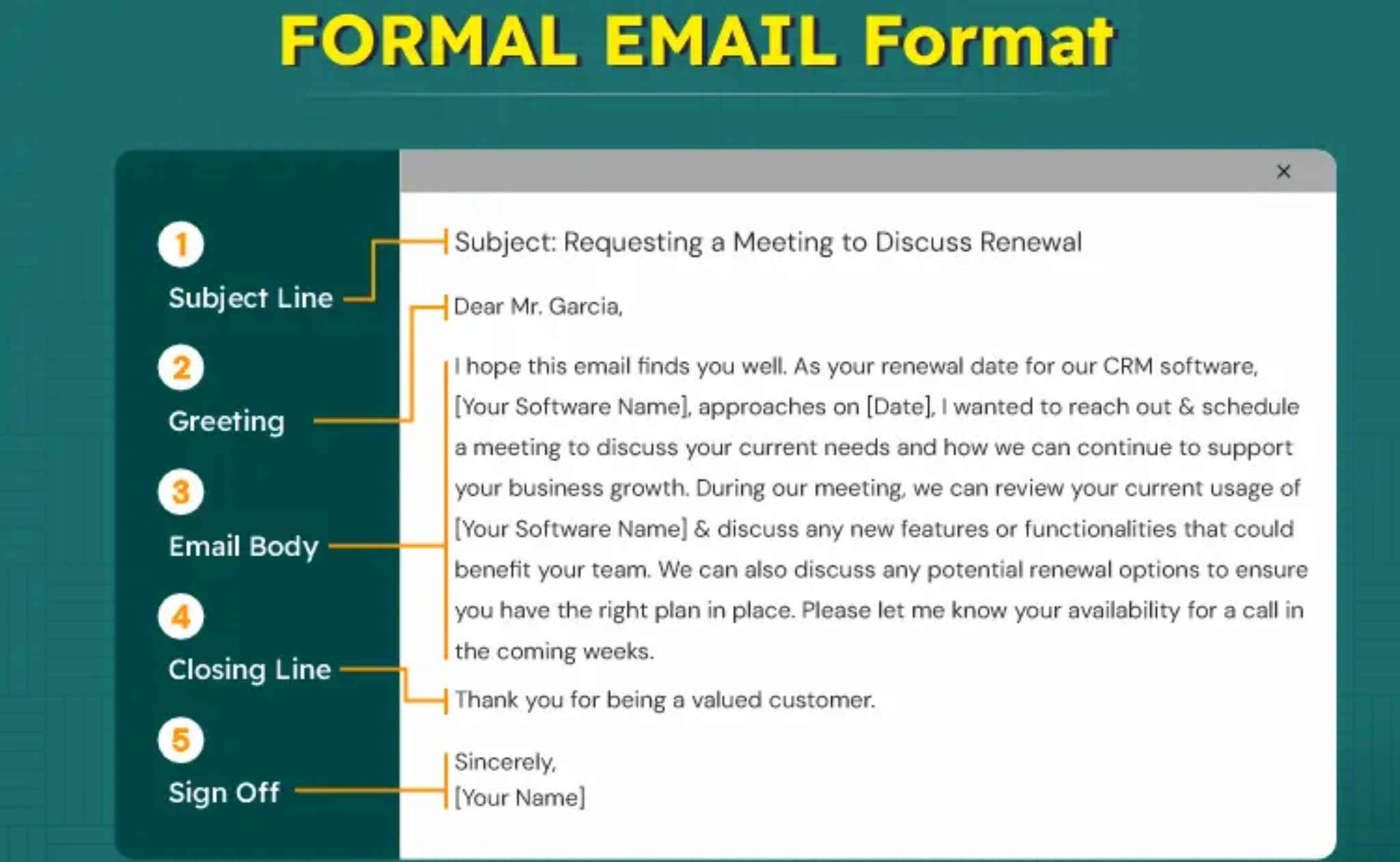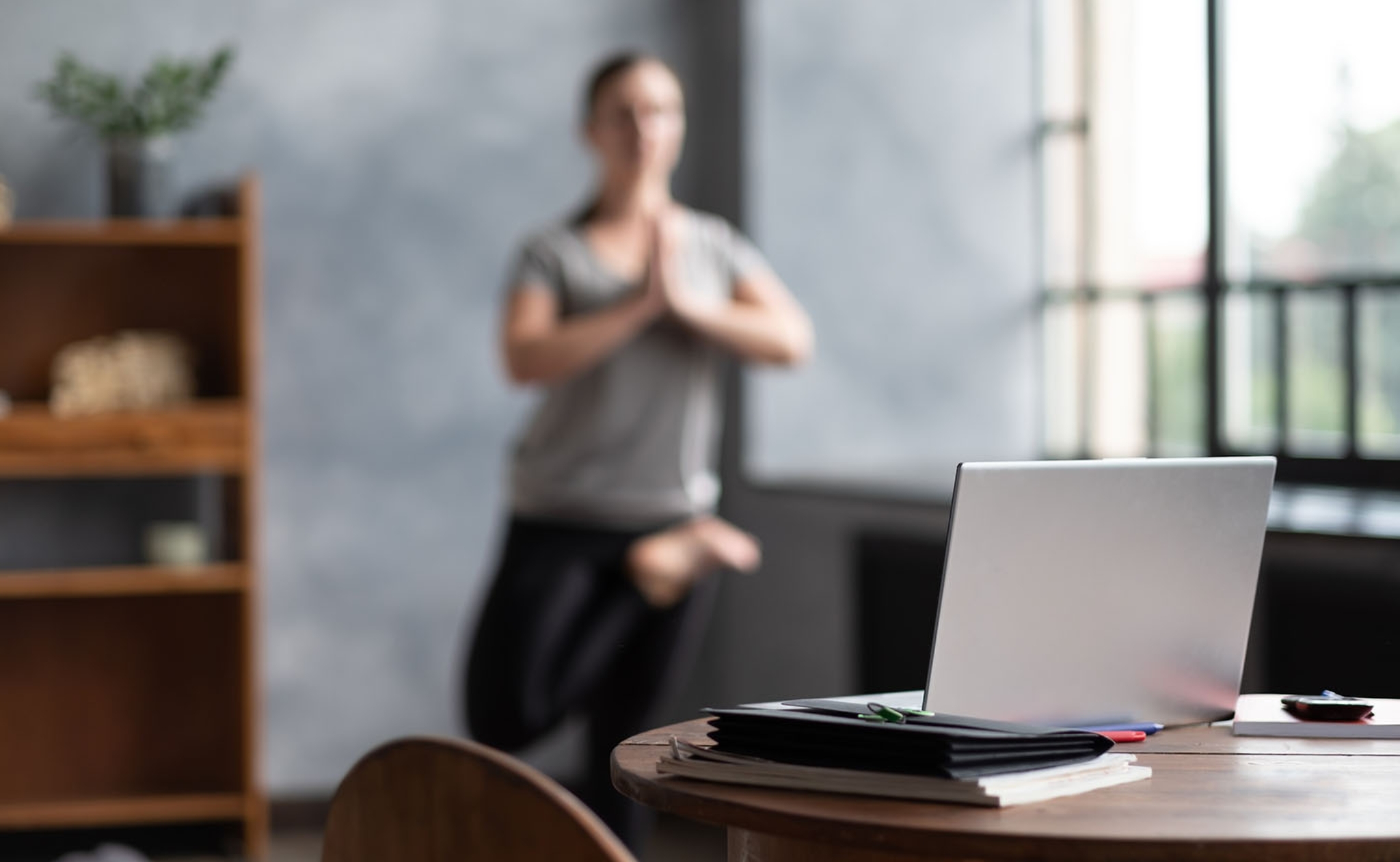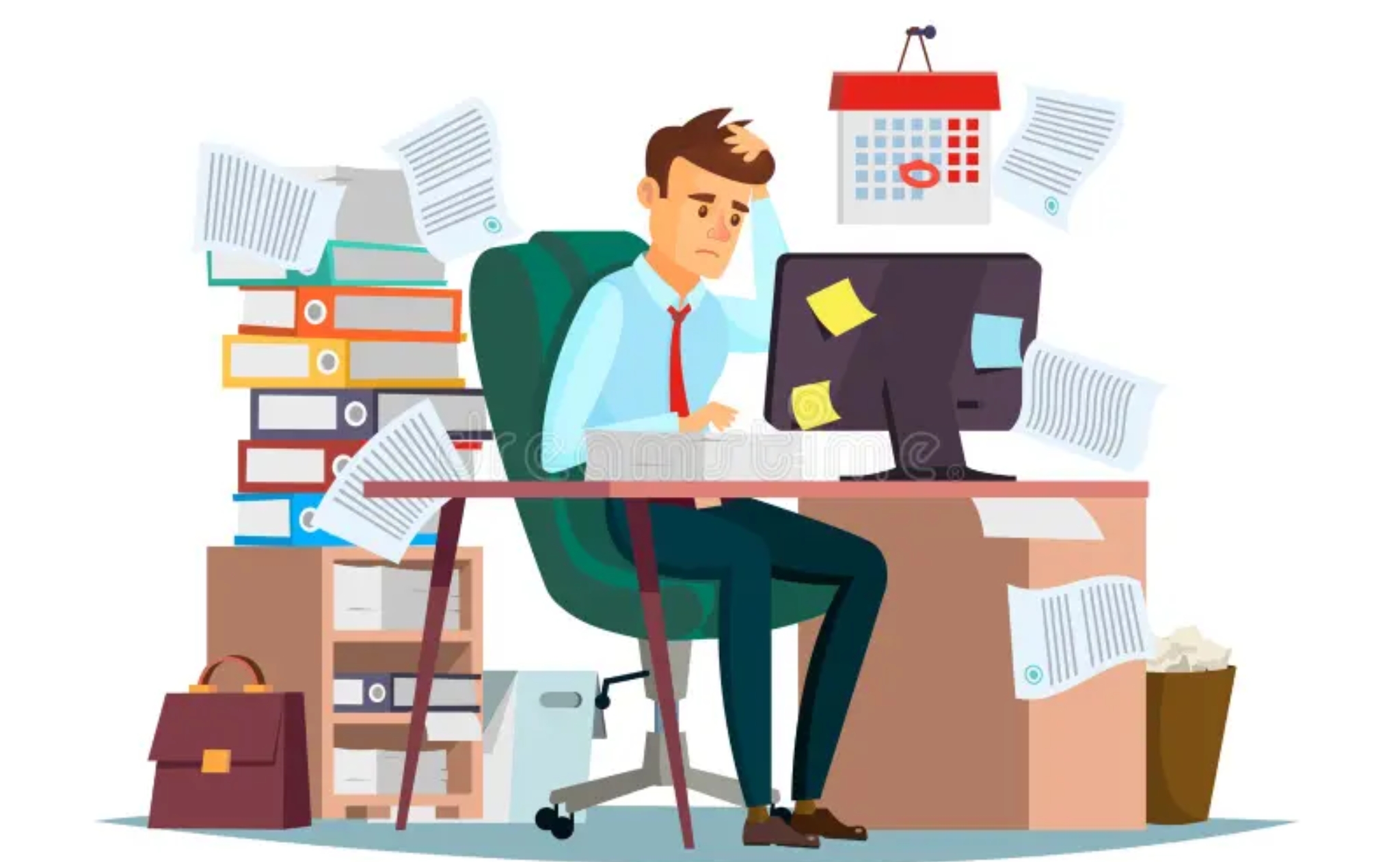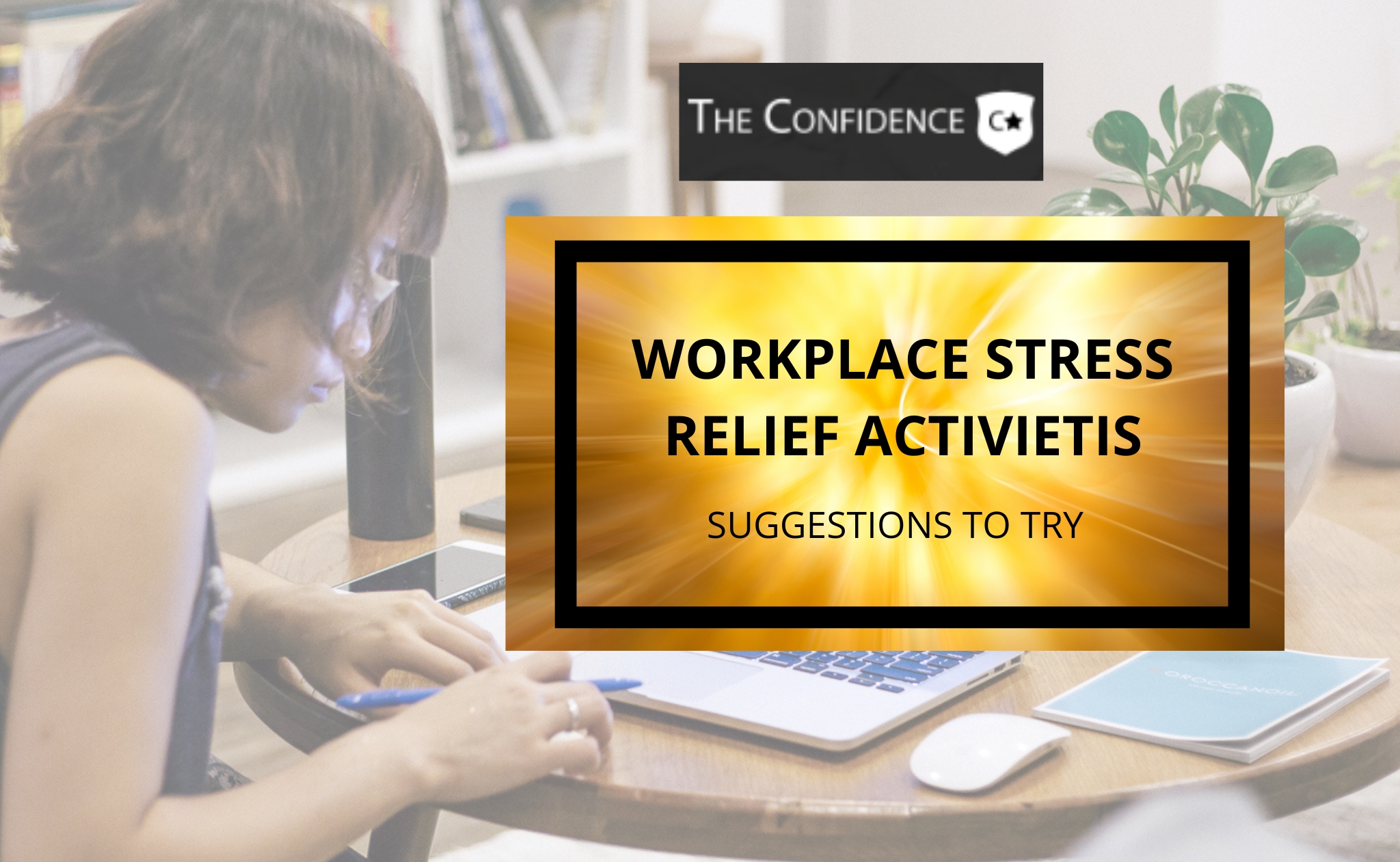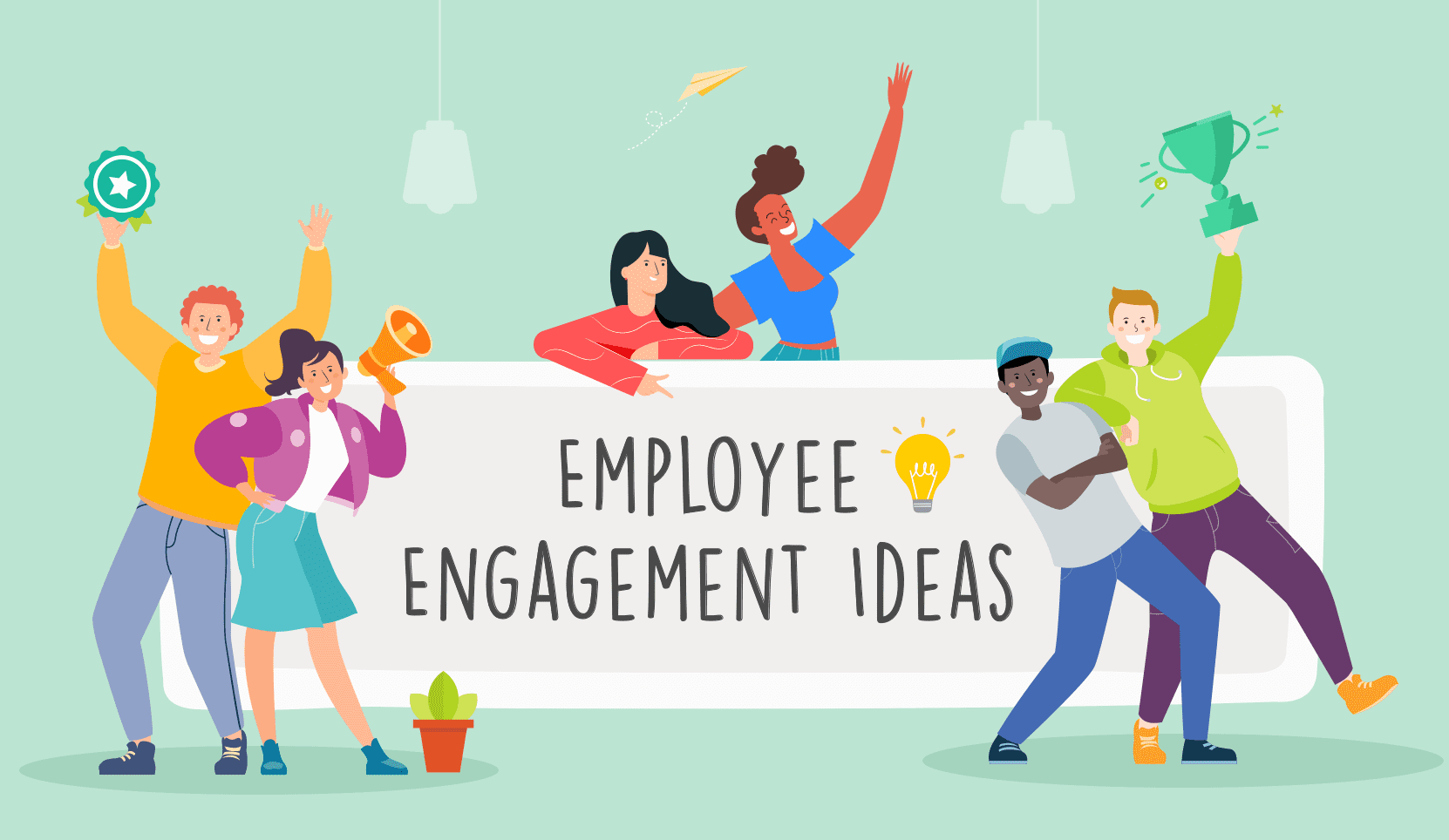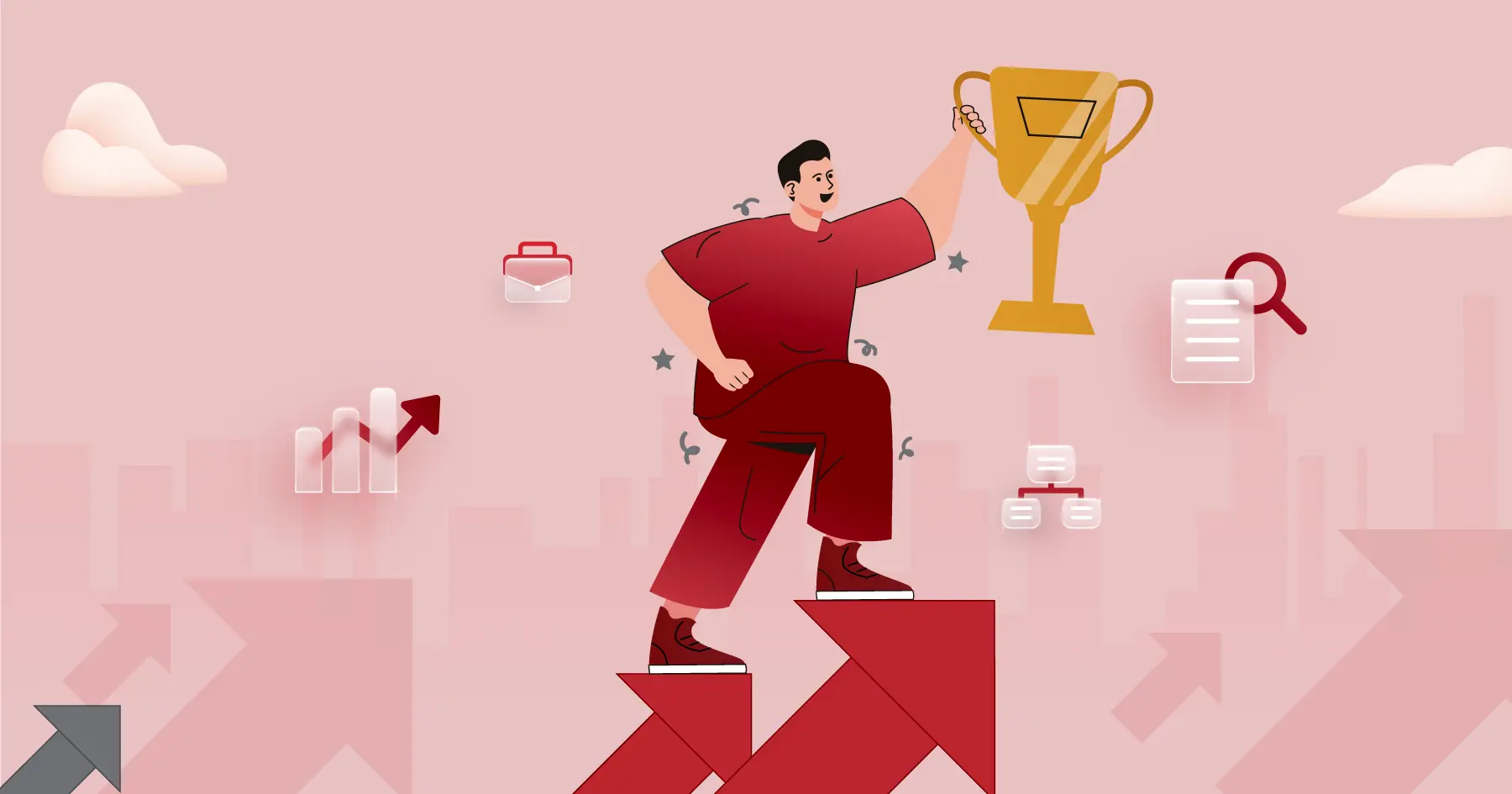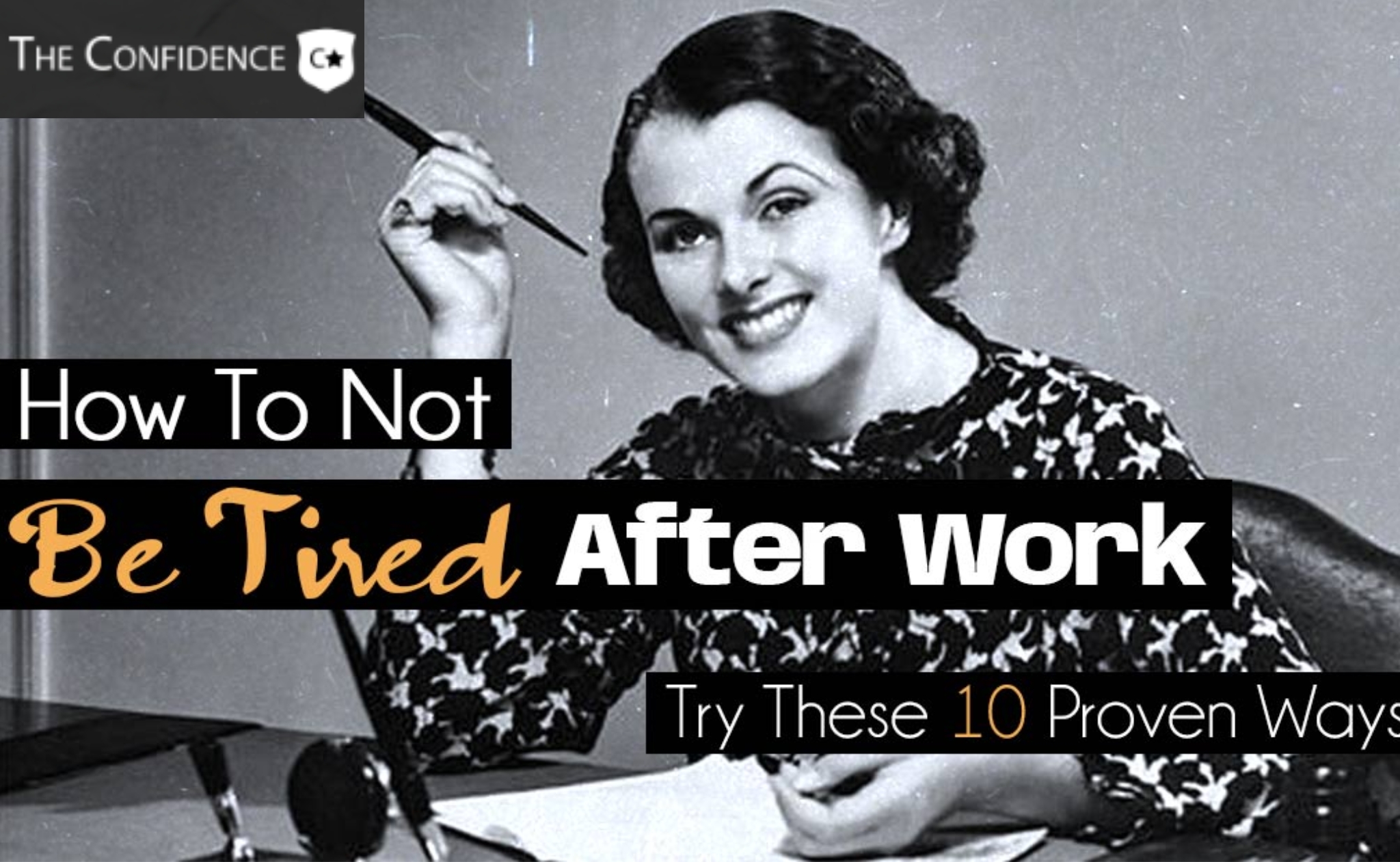Personal productivity is crucial to your personal and professional success.
It’s absolutely vital to think about how you can increase your performance at work.
Here are 10 tips that can help you achieve this.
1. Use a calendar

Keeping track of upcoming tasks in an appointment diary can make sure that you’re always on top of your workload.
Write down the amount of work that you need to do each day and each week.
Then work out which tasks can be left to the evening and which can be done first thing in the morning.
2. Use clear objectives
To make sure that you’re always producing the best work, you need to be clear about the objective of your project.
Let’s say you’ve been asked to complete some work and you’ve got 15 minutes to complete it. How do you choose what to work on?
Make sure that you can identify the most important task and finish it in no more than 15 minutes.
This will enable you to spend more time on other tasks.
3. Use order of priority
Give priority to tasks based on their importance.
For example, you should give the most important task you need to complete first, and you should do this quickly.
Then, after this is complete, you should take the time to focus on the remaining tasks.
4. Automate
Automation can help you to complete your workload, and get more done.
For example, if you have to enter your time at the start and end of each workday, a computer can automatically transfer this information to your personal calendar.
This means that you don’t have to manually enter this information yourself each day.
5. Read
Read on the train to make sure that you’re up-to-date with current affairs and current events.
You can easily use Google Calendar to view the latest news and events.
6. Take breaks

Take a break at the end of the day to stop and relax.
This will help you to switch off your mind so that you’re ready to start work again.
7. Take account of your feelings
Many people forget to take note of how they feel about certain tasks.
Writing down what you feel about the task you’re working on can help to develop skills for managing your emotions.
This will enable you to take more control over your emotions and not get overwhelmed by stress or anxiety.
8. Choose a workplace
It might be helpful to work in a place that is welcoming and offers you the support that you need.
For example, you may find that the people that you work with are not supportive or helpful.
The workplace should be a welcoming environment.
9. Learn about human resources
If you’re unhappy at work, you may feel as if there is nowhere that you can go to seek help.
Check the website for the national association for employment standards.
This will help you to learn about employment rights, the process of a complaint, and more.
10. Make small changes
Making small changes to your routine can make a big difference to your overall work performance.
For example, you could do some exercise before work or you could plan the route to the office so that you avoid traffic jams and make better use of your morning commute.
The importance of being organized in your work has been highlighted again.
Extra tricks

Love yourself first
If you start by loving yourself, it can be quite easy to love others too.
Studies have also shown that you feel better about yourself when you do things that you find enjoyable.
Dr. Eryn Green, a neuroscientist and performance psychologist at the University of Surrey, says “you won’t have the self-esteem you need to be successful unless you first have a strong and healthy relationship with yourself”.
Sushi for breakfast?
“Sushi for breakfast is good for you because it has both fat and protein,” says Jason Fullerton, author of Eat Fat Lose Fat. “You’ve got plenty of it for the day.”
The fact that a Japanese breakfast – in this case, rice, fish, and soy – can be used to help your diet is an example of what is known as “metabolic flexibility”, explains Dr. Green.
“By mixing foods you can keep your blood sugar stable and your body satisfied throughout the day without getting hungry.”
Sit up straight
“I believe that sitting up straight affects everything we do in our daily lives,” says Jason Fullerton.
“It’s one of the best tips that can be applied to almost everything we do, including building confidence and making you a more effective speaker and a more effective employee.”
If your day has not gone well, then you should go home and shut off. There is no reason to expect anyone to offer a shoulder to cry on or a ready ear to listen to you rant and rave.
In fact, a lot of people will think it is not their job to care about you, says Dr. Green. “They won’t even want to hear what you have to say. You don’t have to. Just go home.”
Be kind to yourself
Dr. Green says that what we do every day will come back to us over and over again, and that includes our sense of self-worth.
“My mother taught me when I was a child to always be kind to myself. We are our own best judges. If we feel unhappy, that’s because we have done something wrong.
“Don’t be hard on yourself for failing to find solutions to problems. Take a step back, take a deep breath and recognize that you are human.”
Give back to your community
“Just because you didn’t have a famous father, you can still make an impact,” says Dr. Green.
“Often, you’ll get more respect and be treated better if you donate to good causes. It’s the type of thing that people actually notice.”
The pay-off, he says, is that you will be happier, more fulfilled, and more productive, and you will have taken steps to help the world.



















































